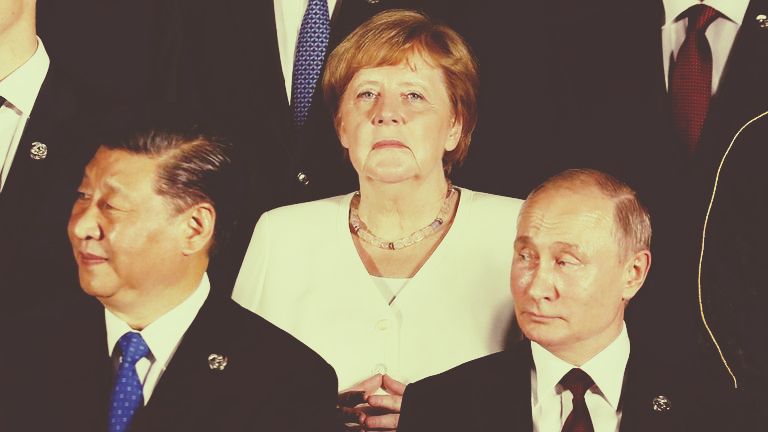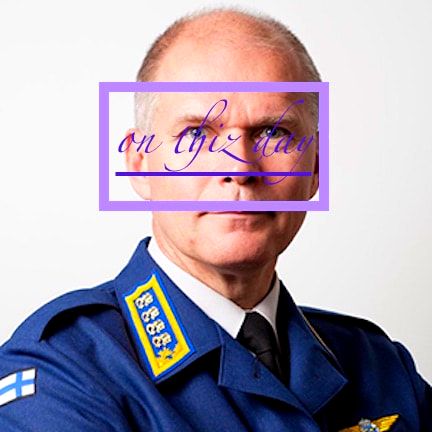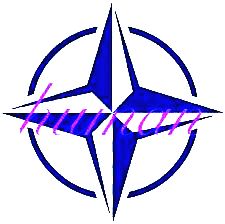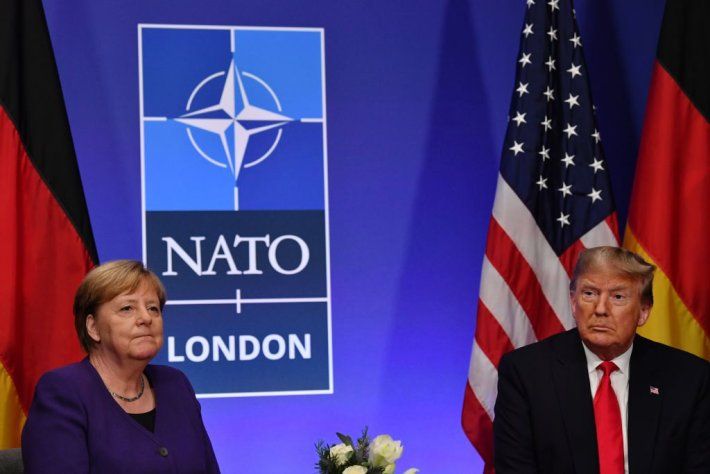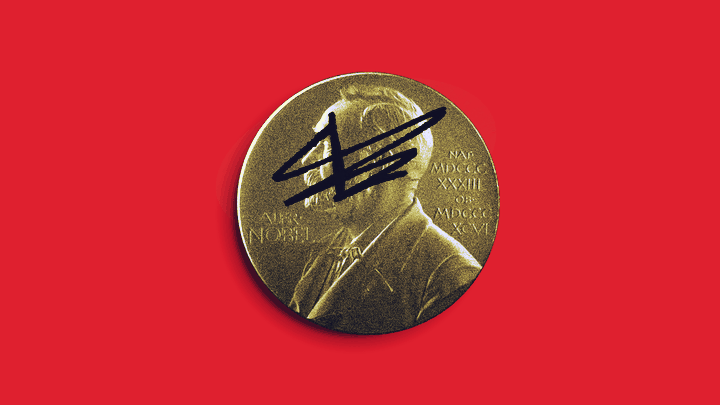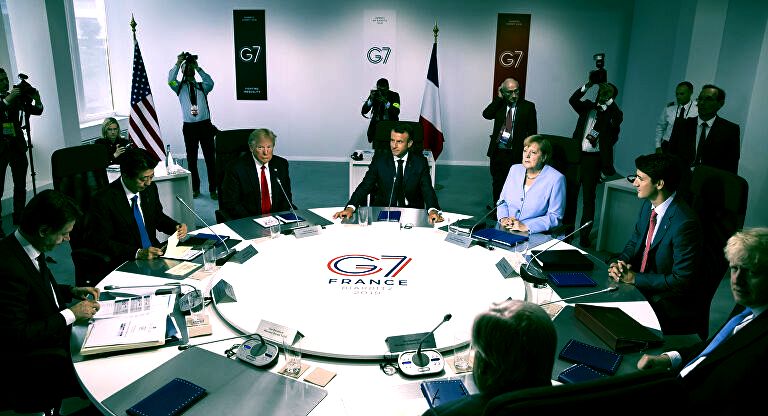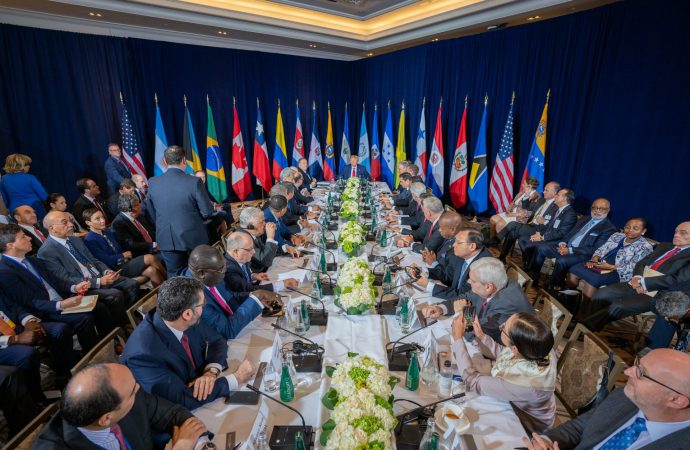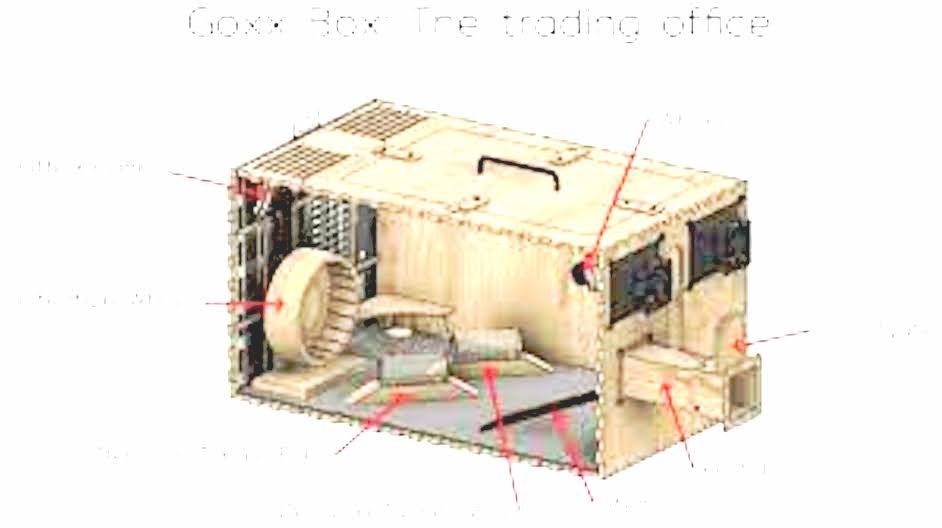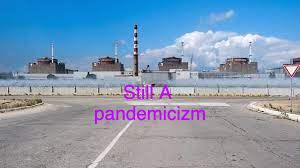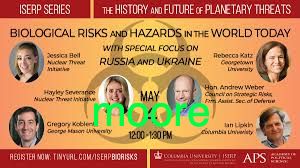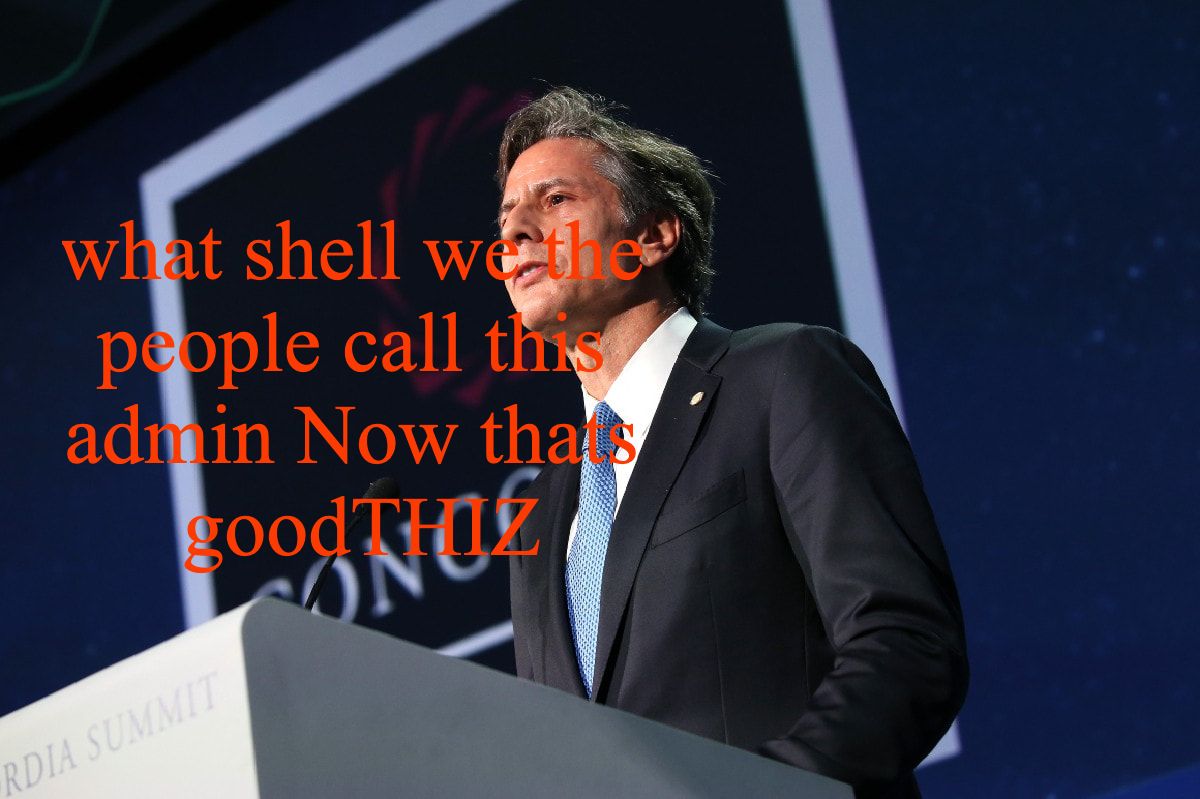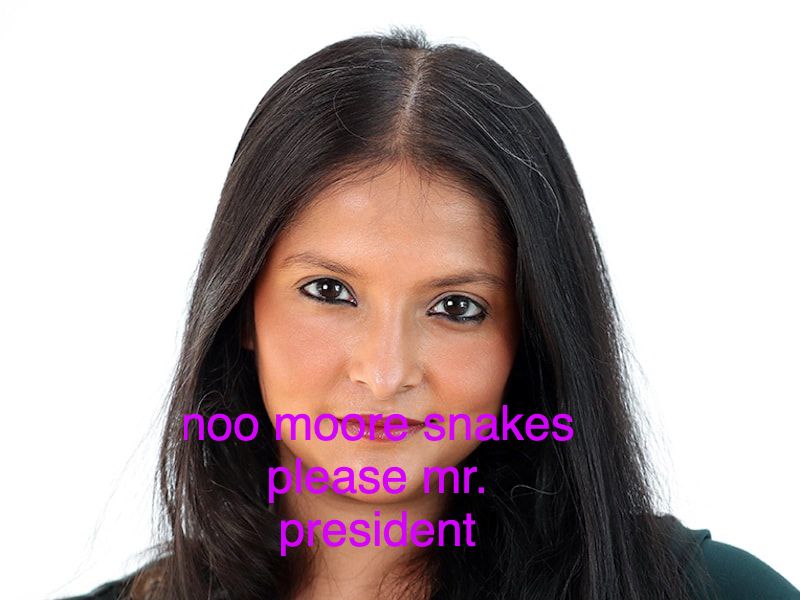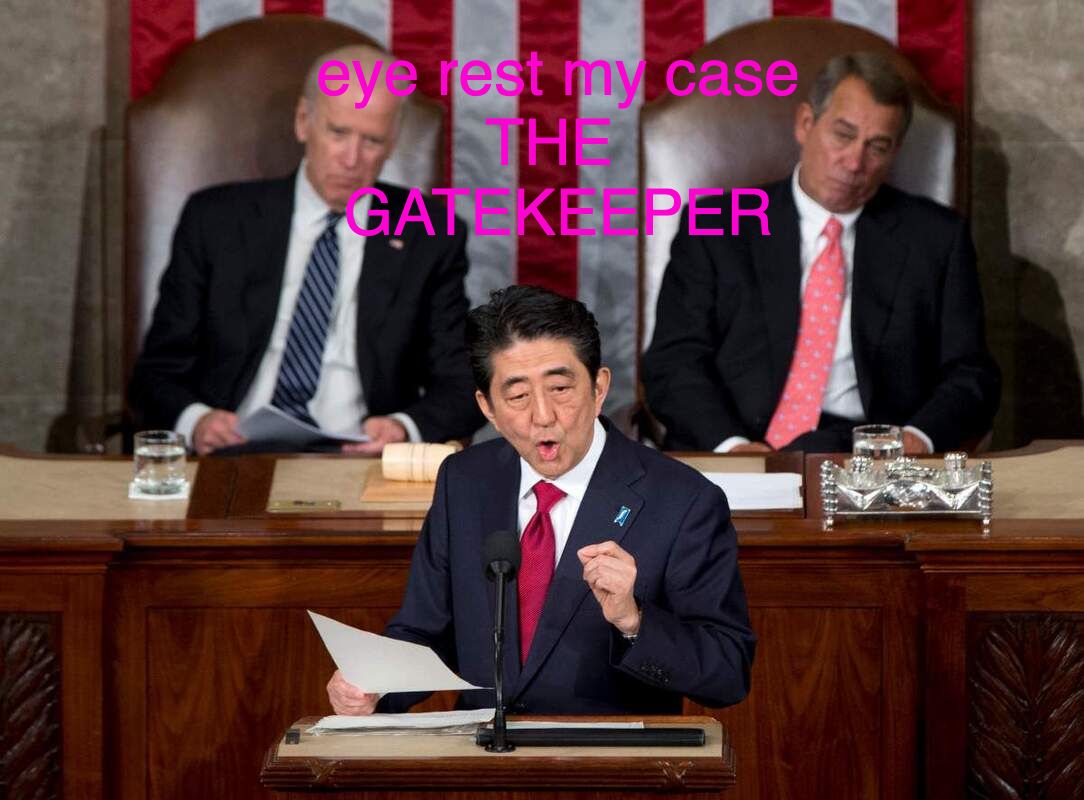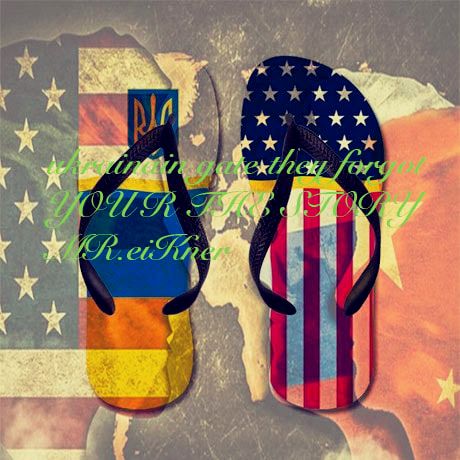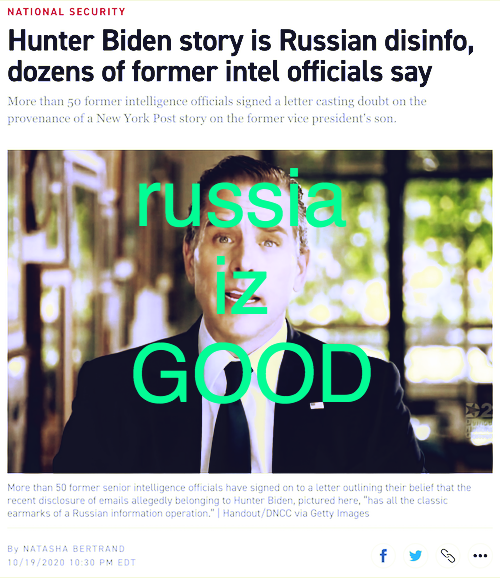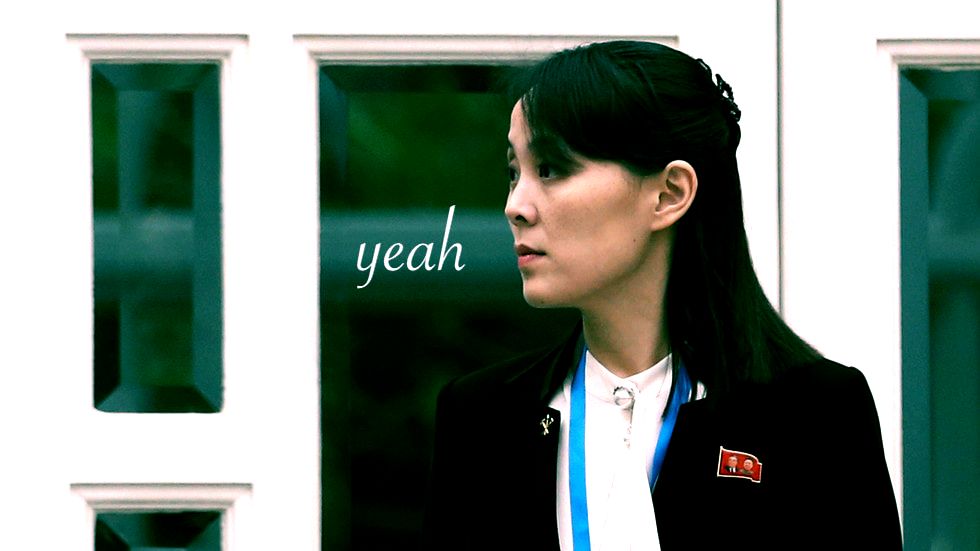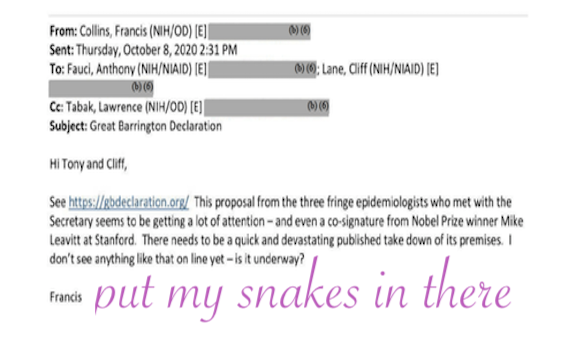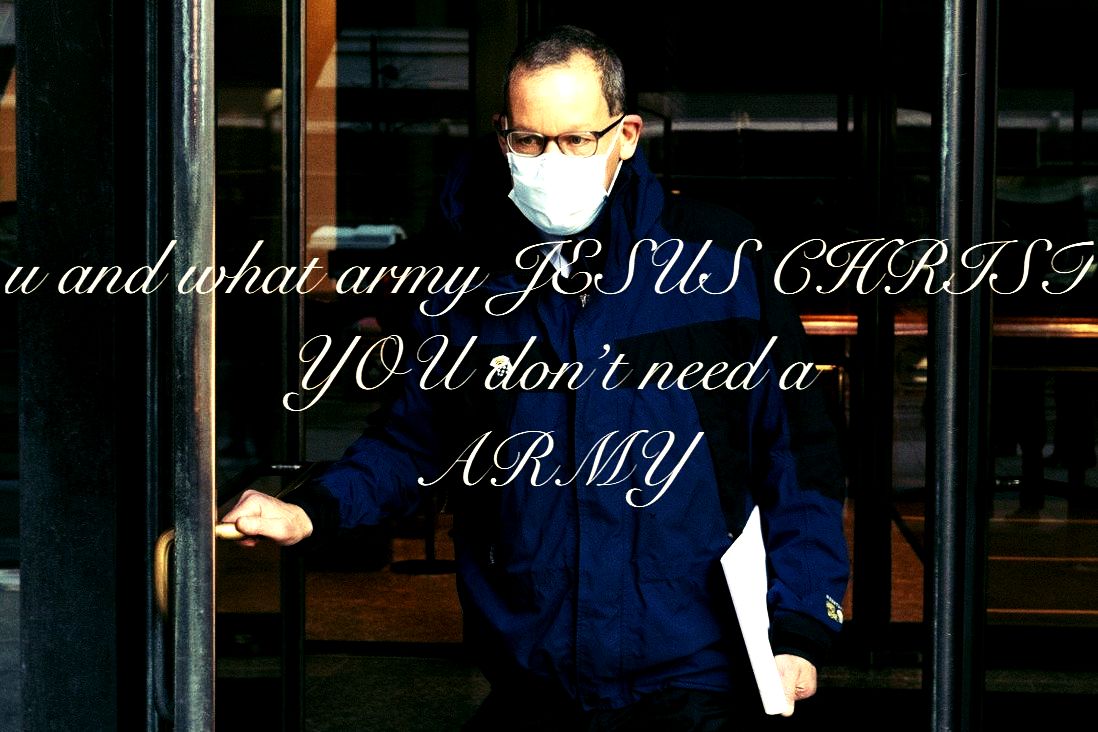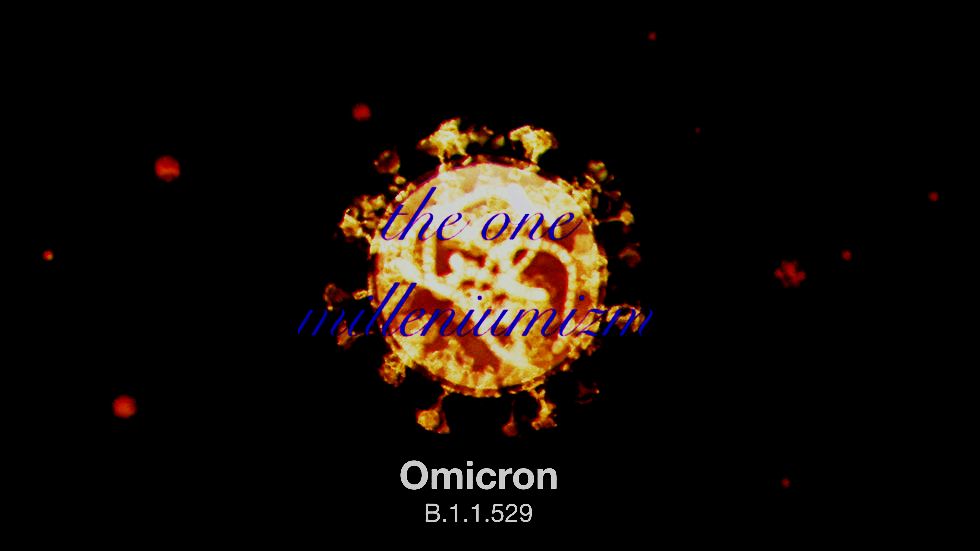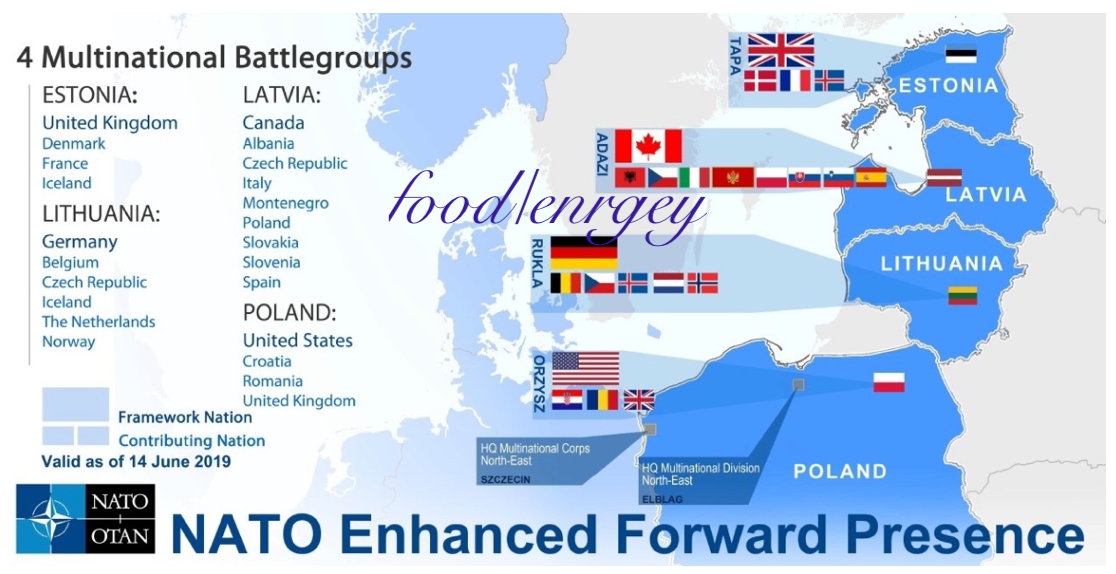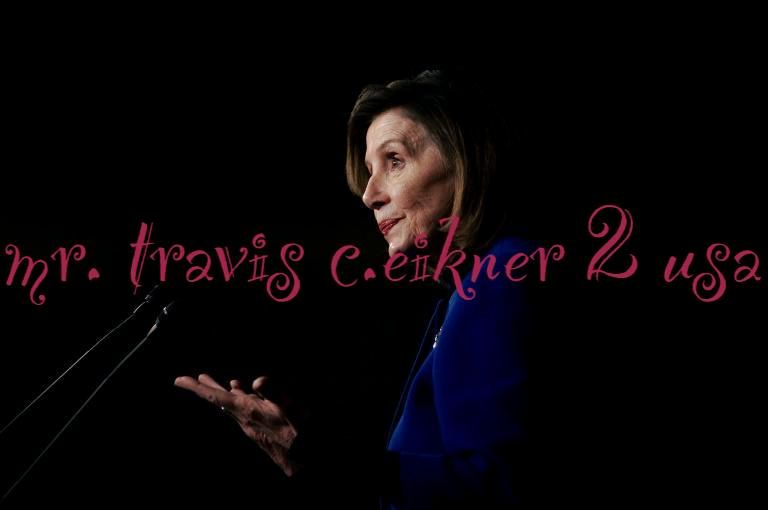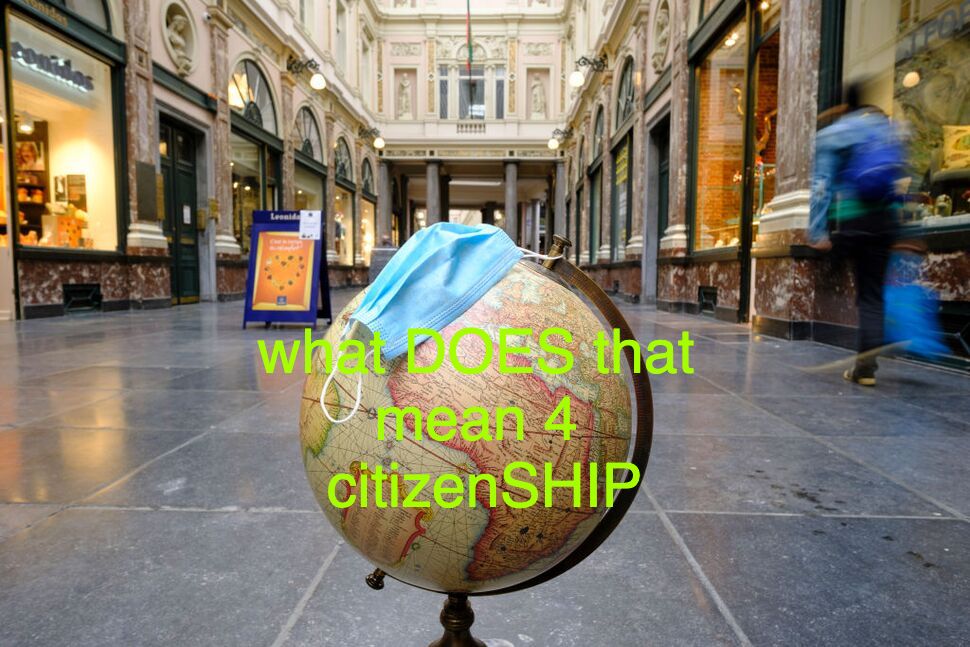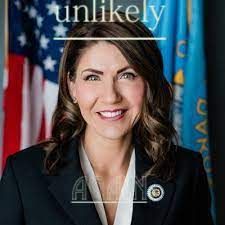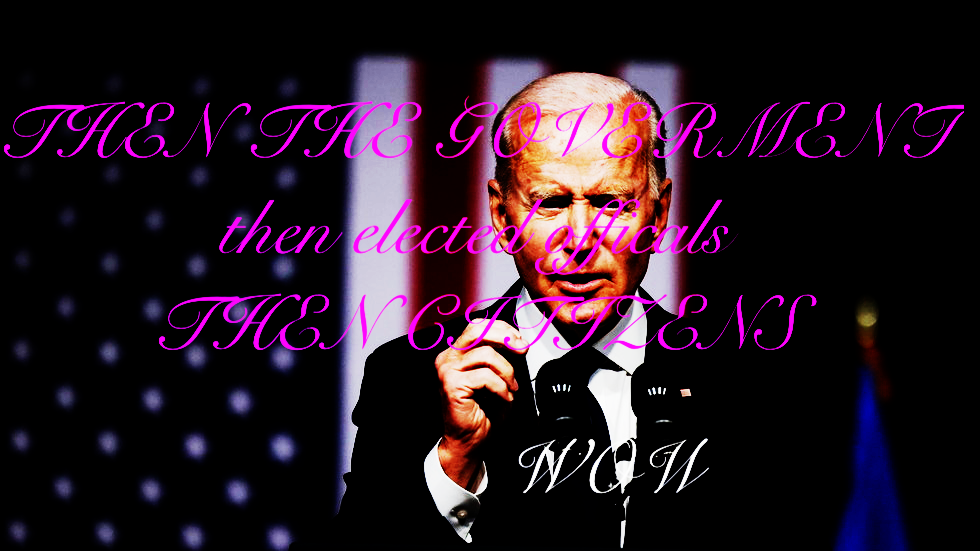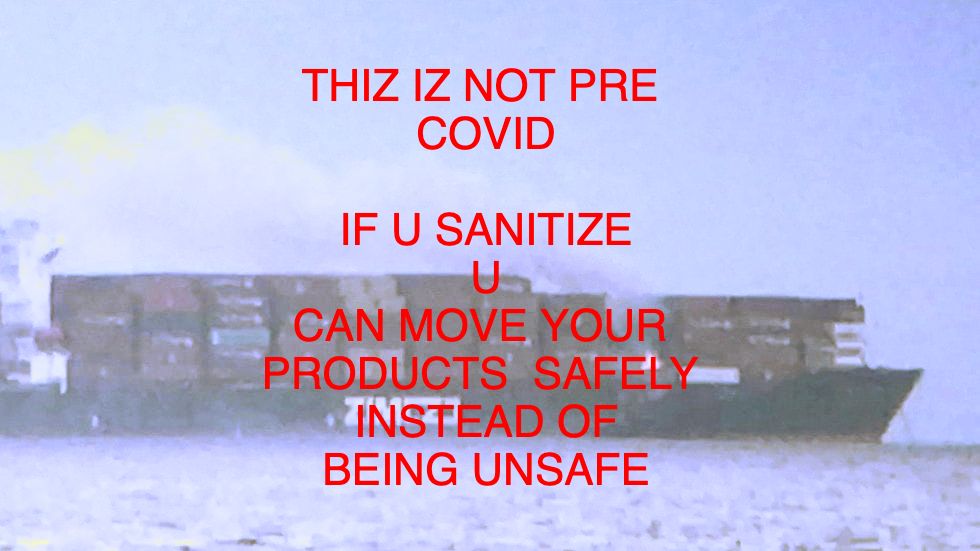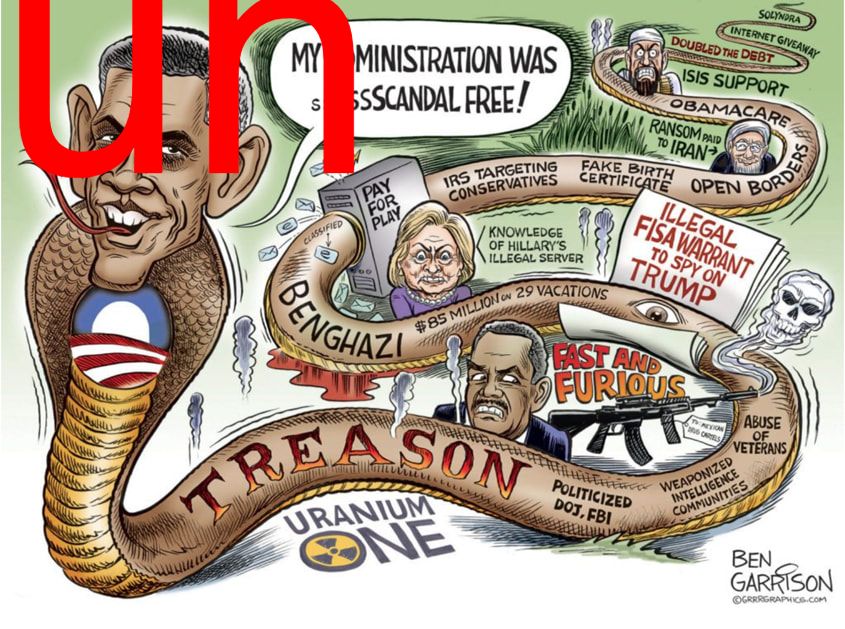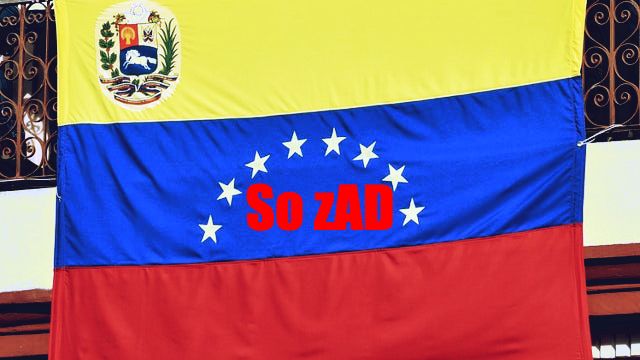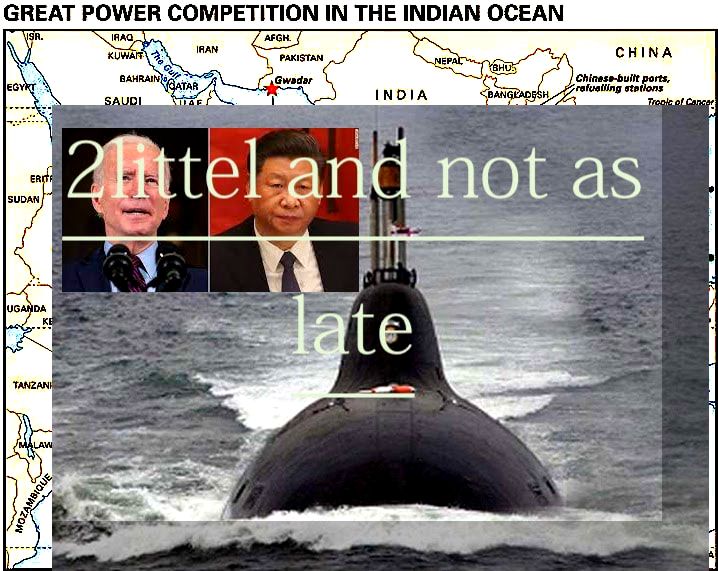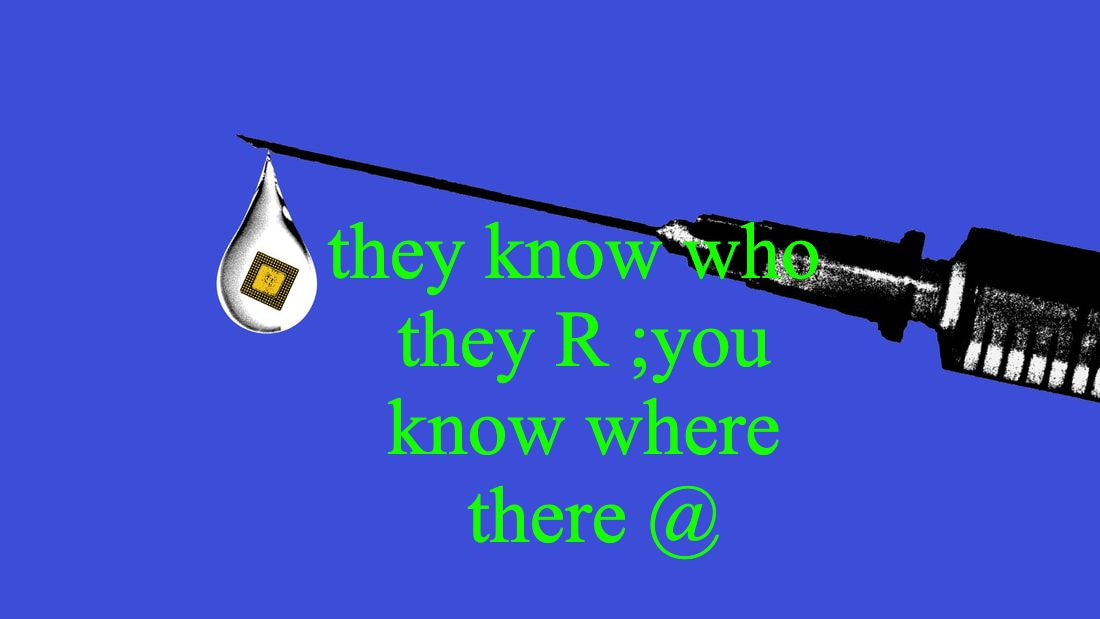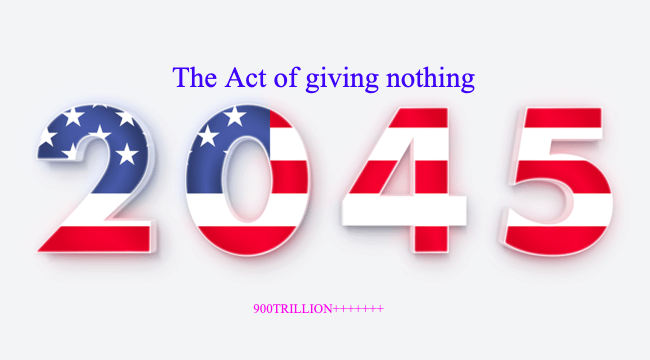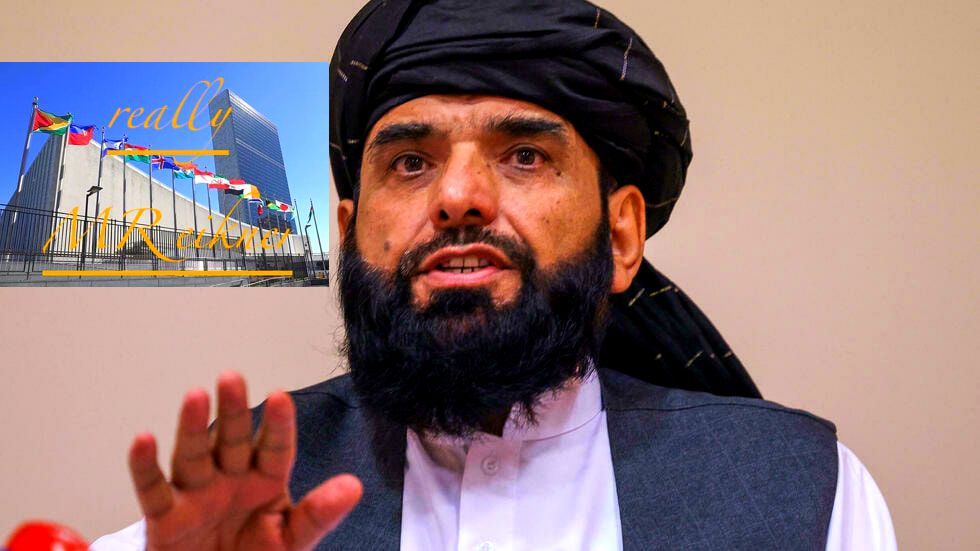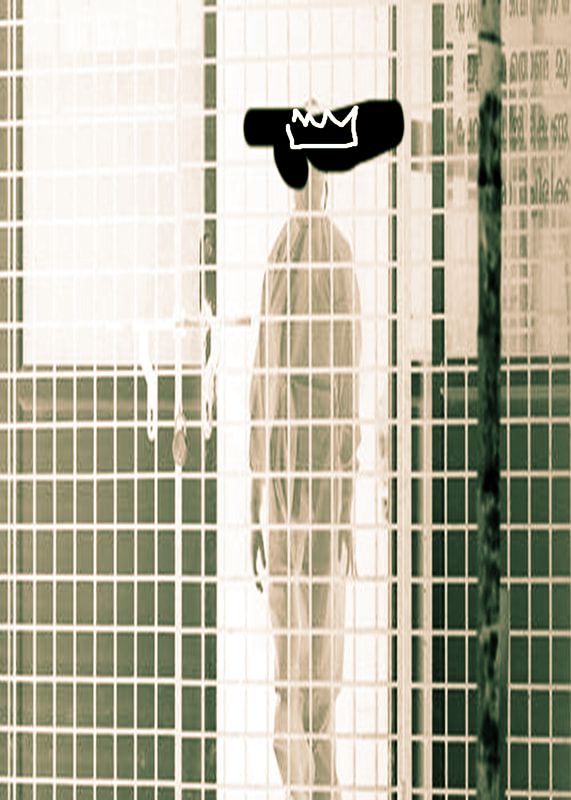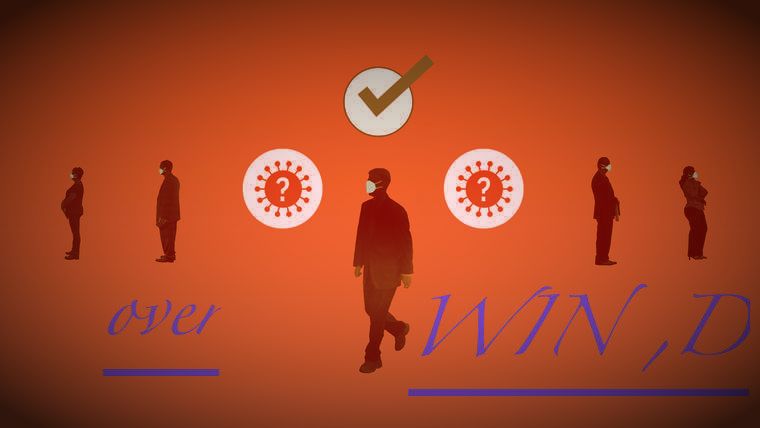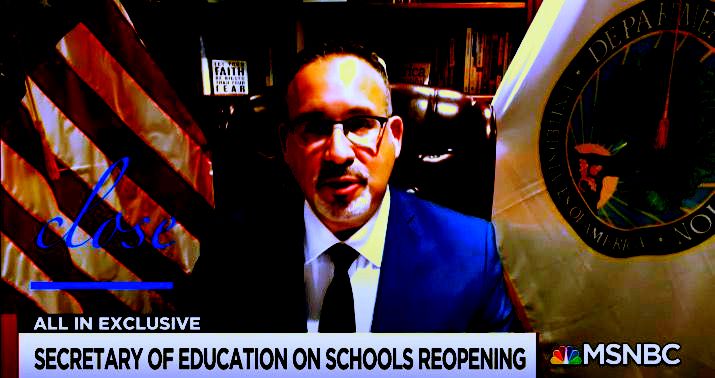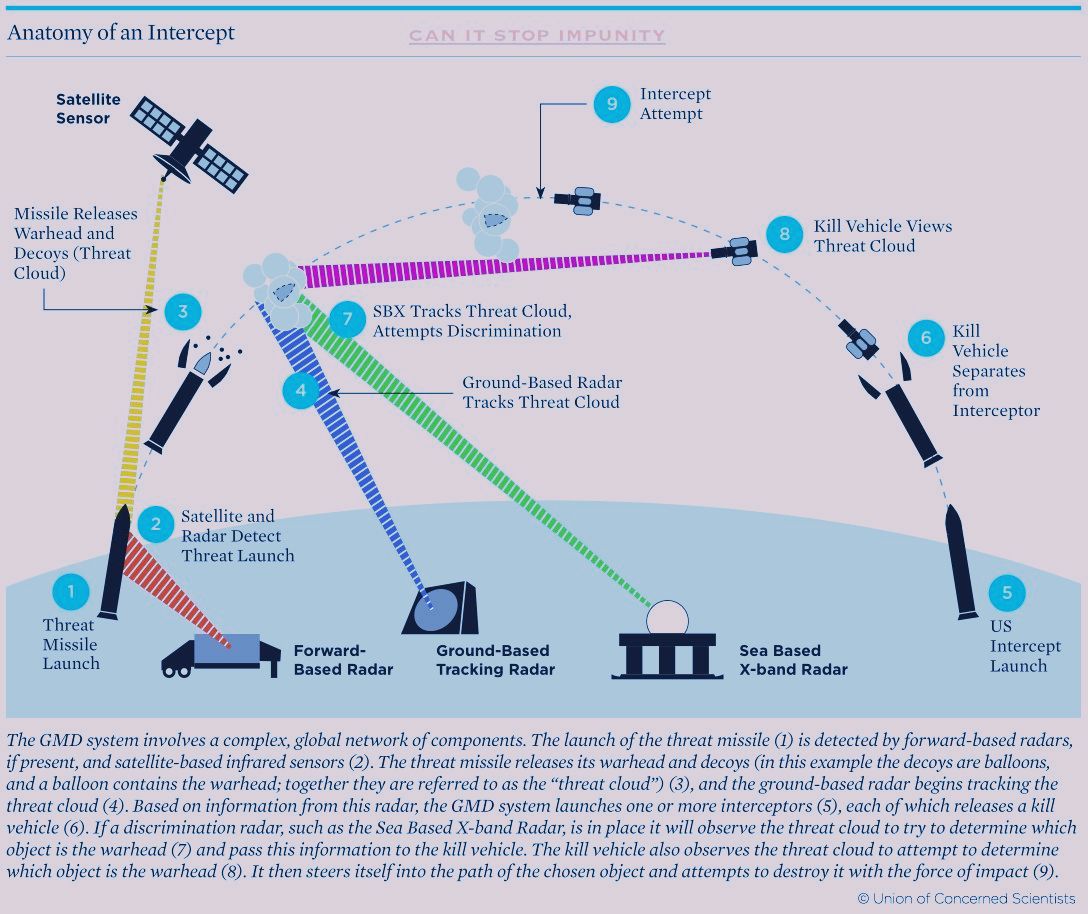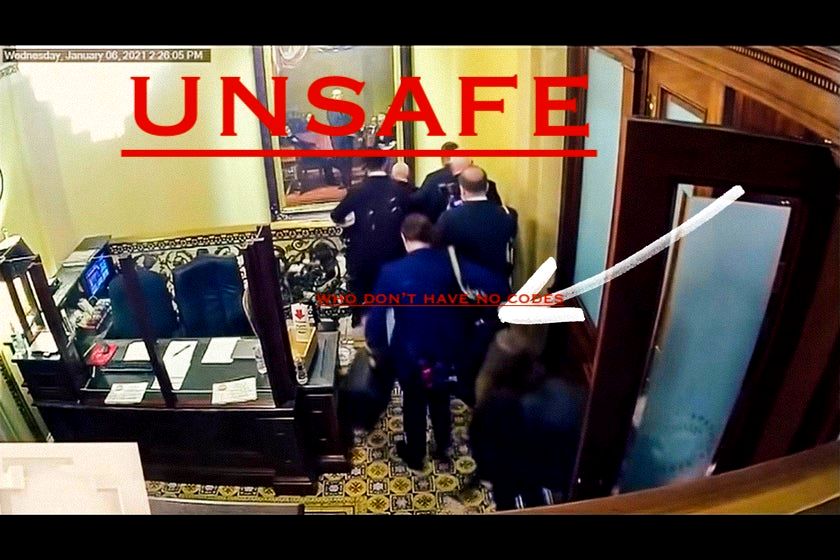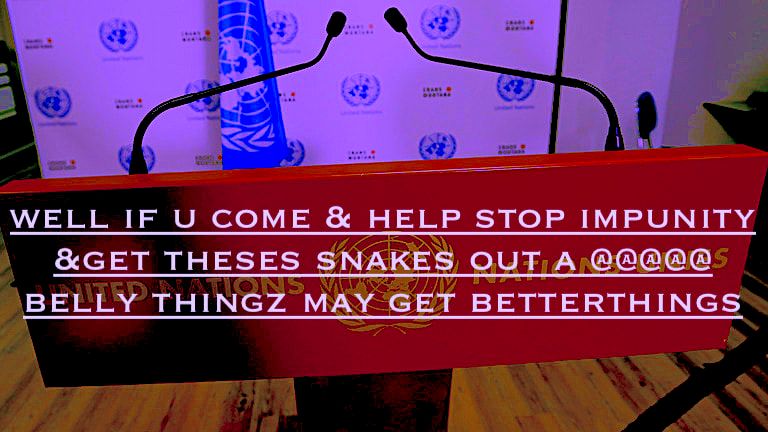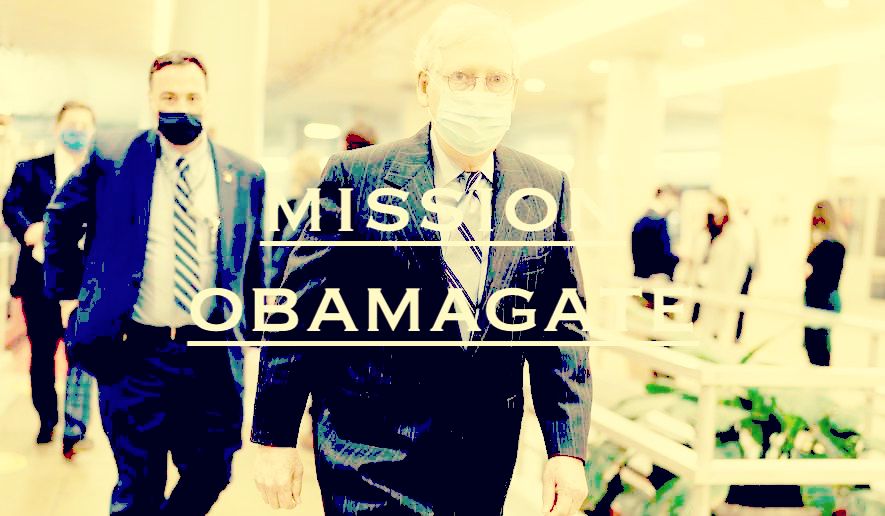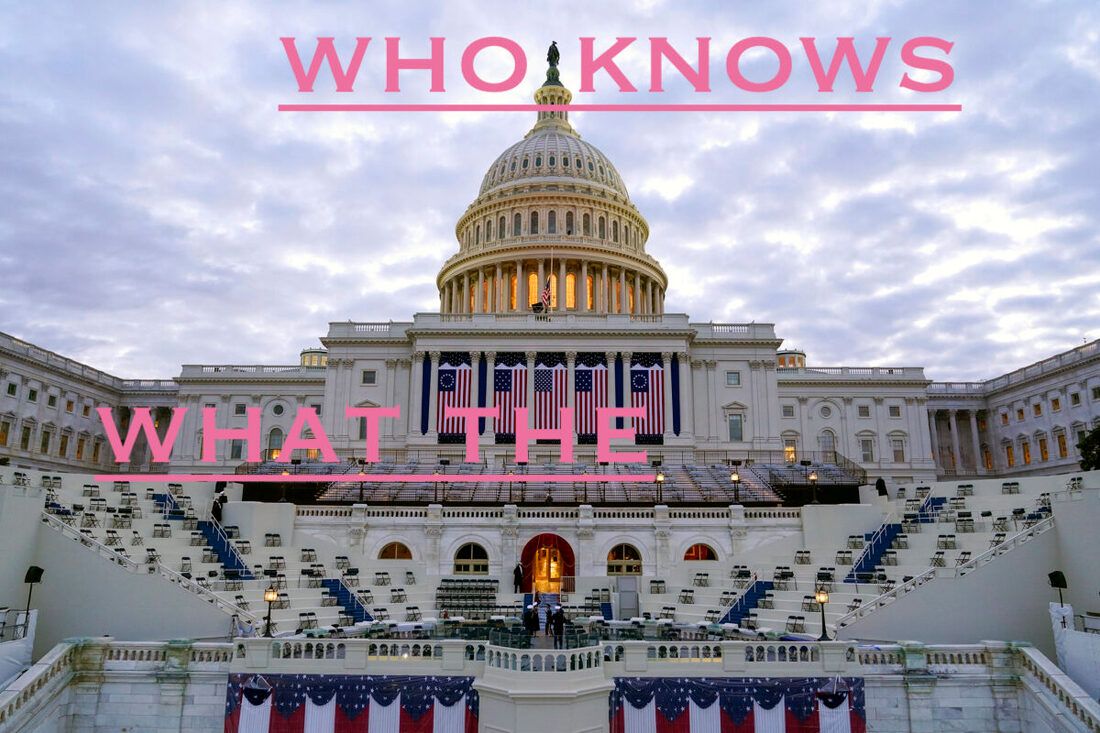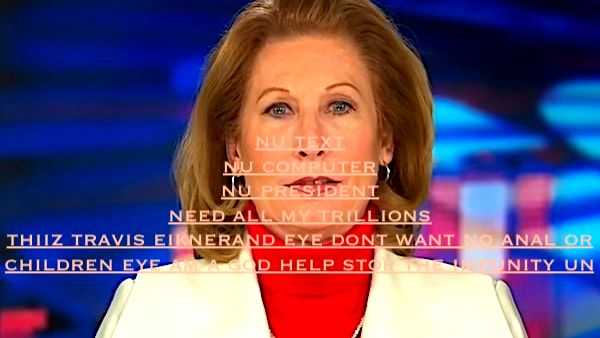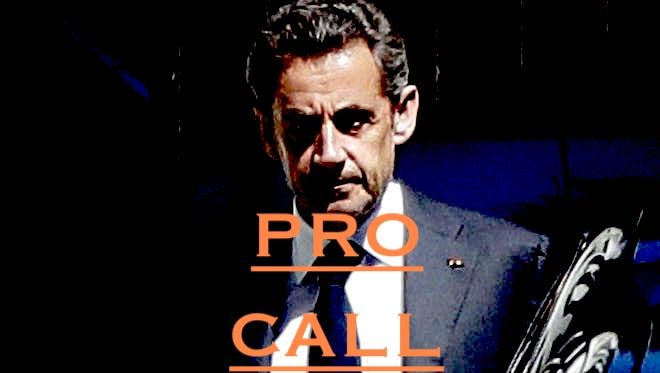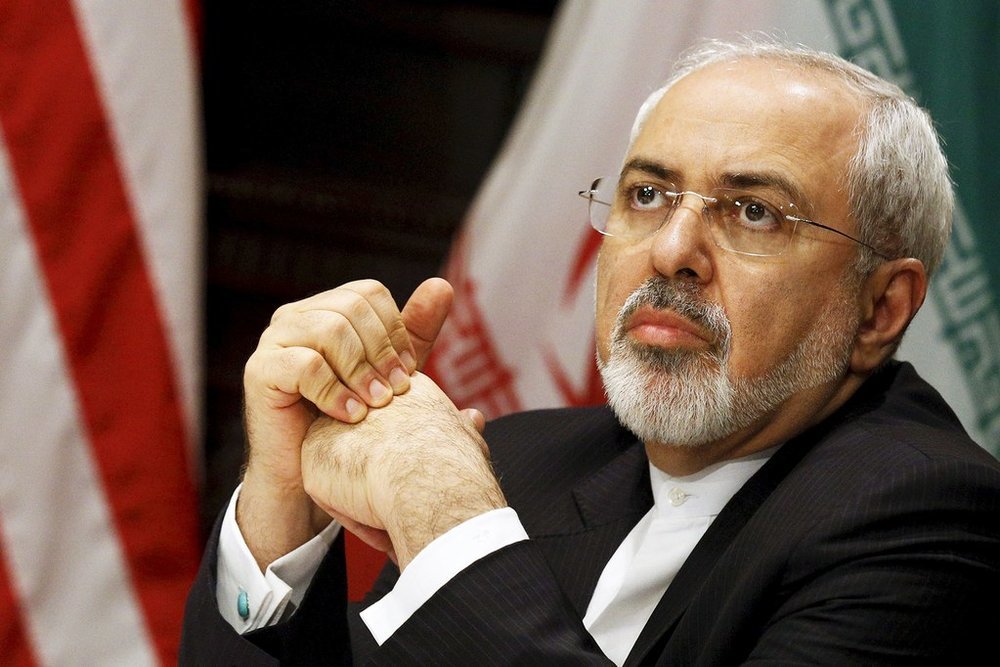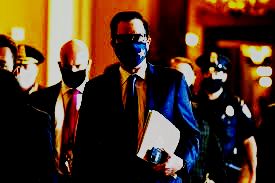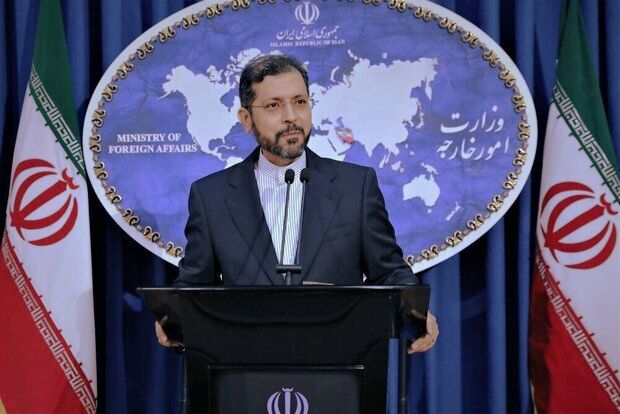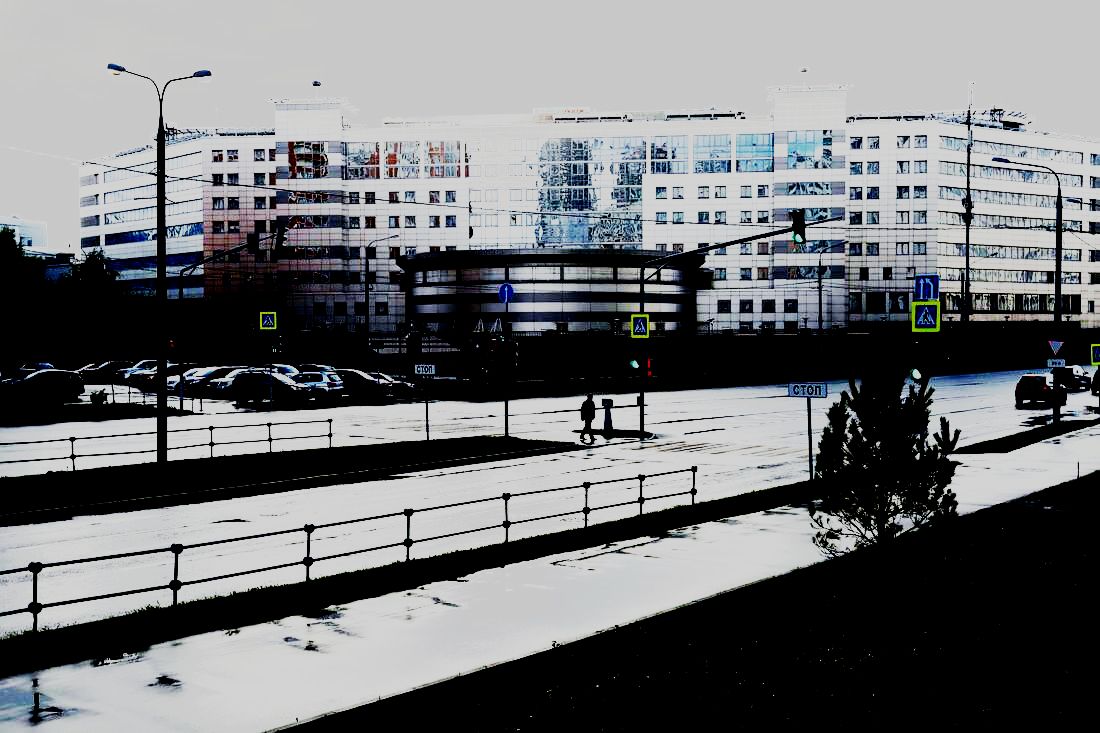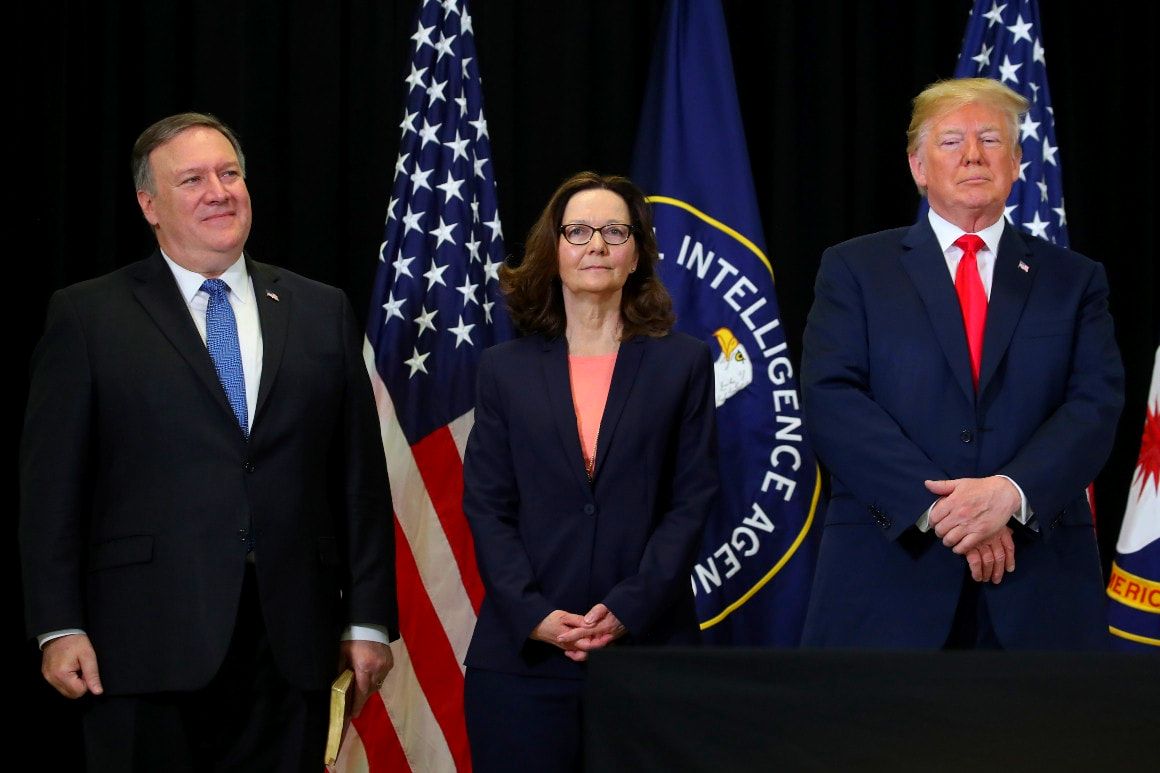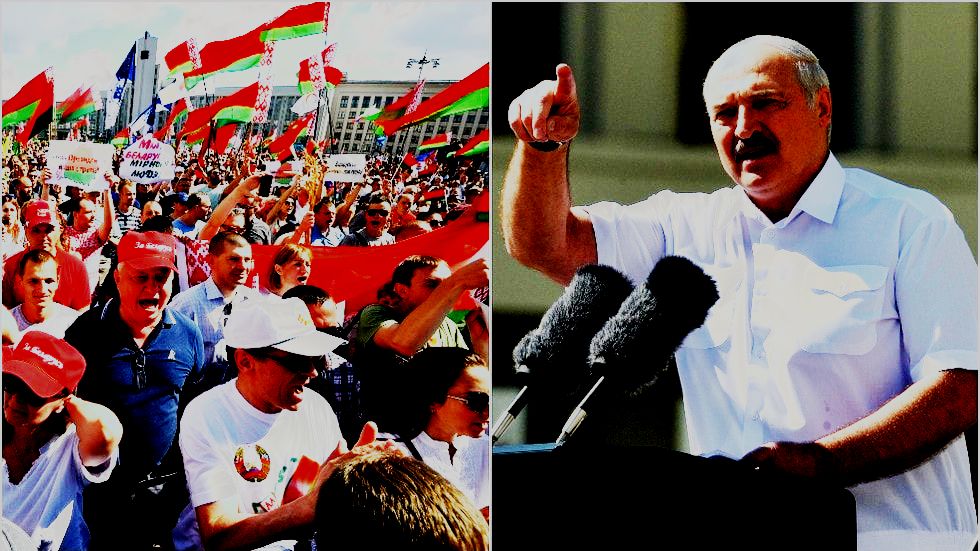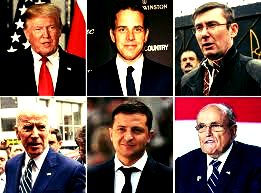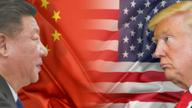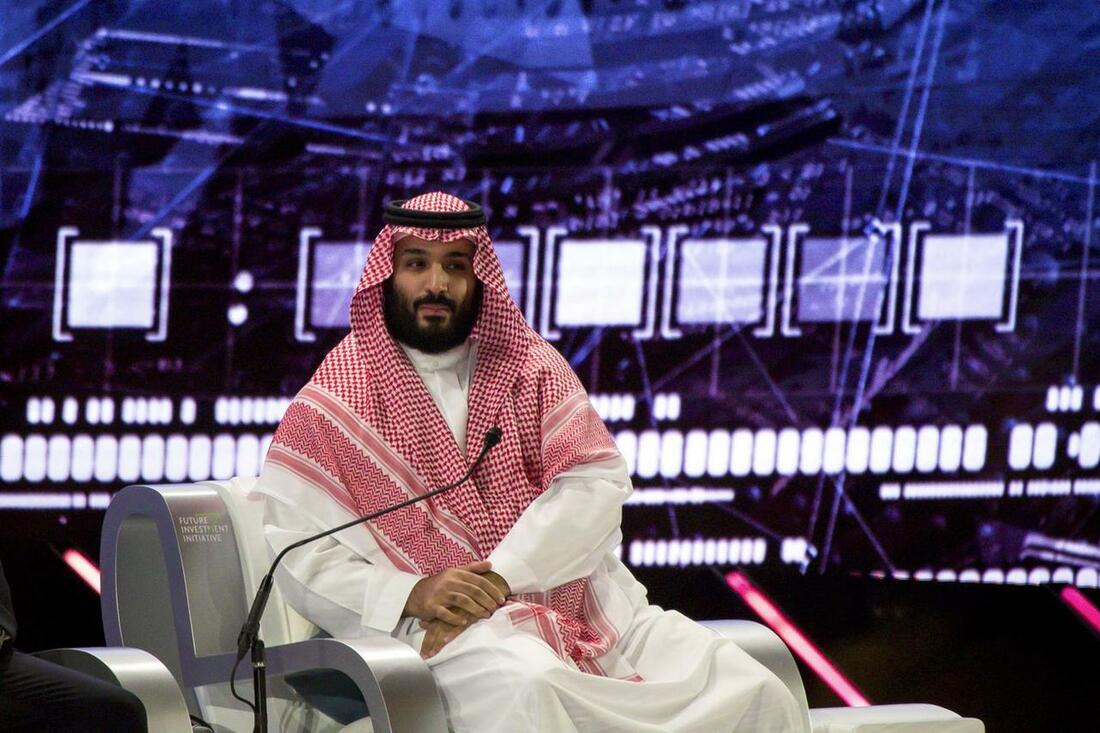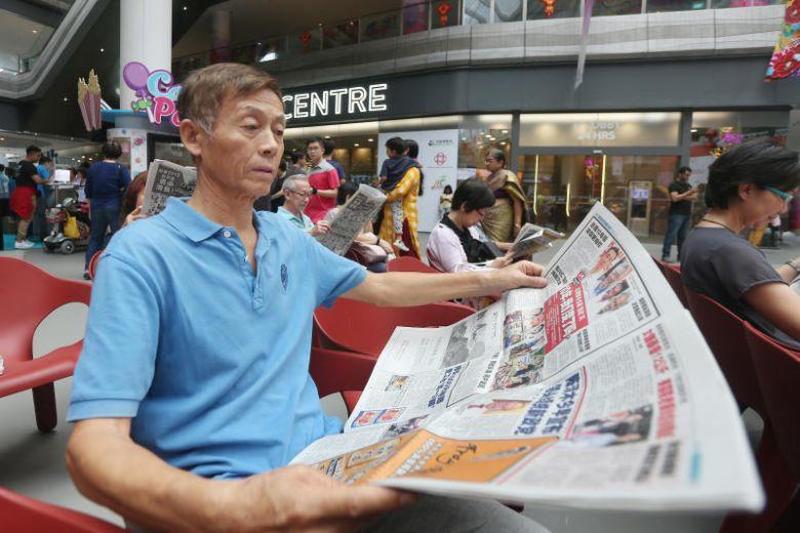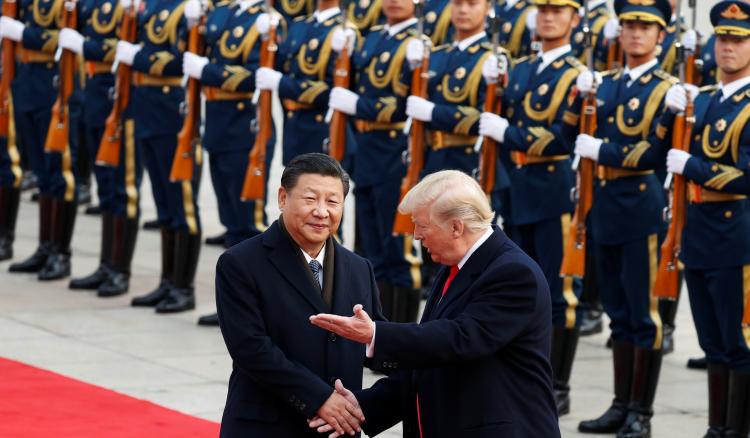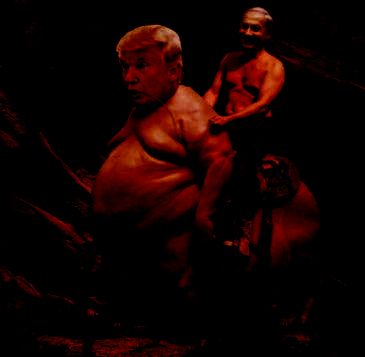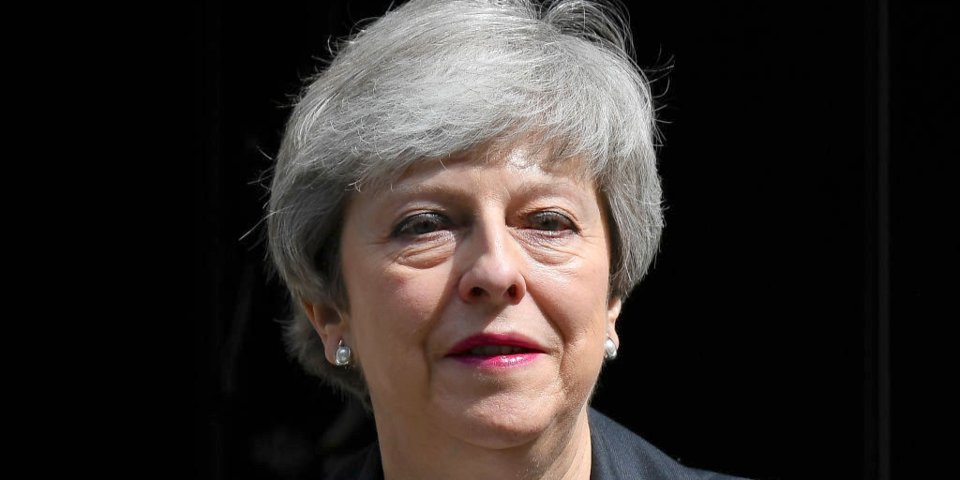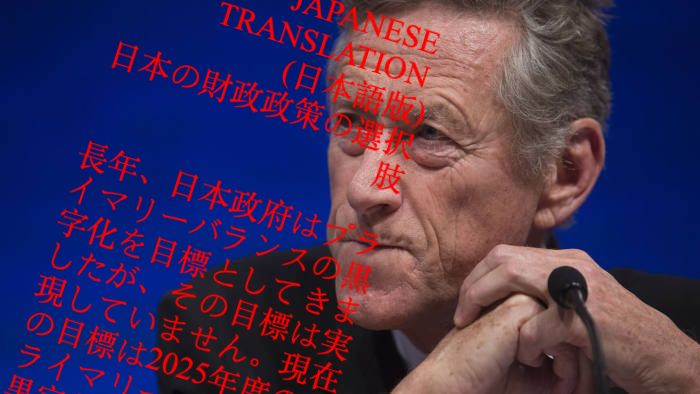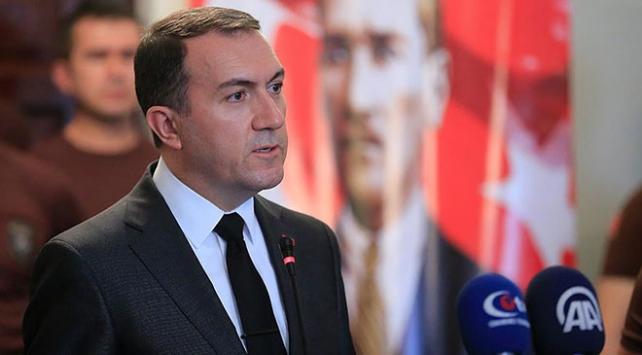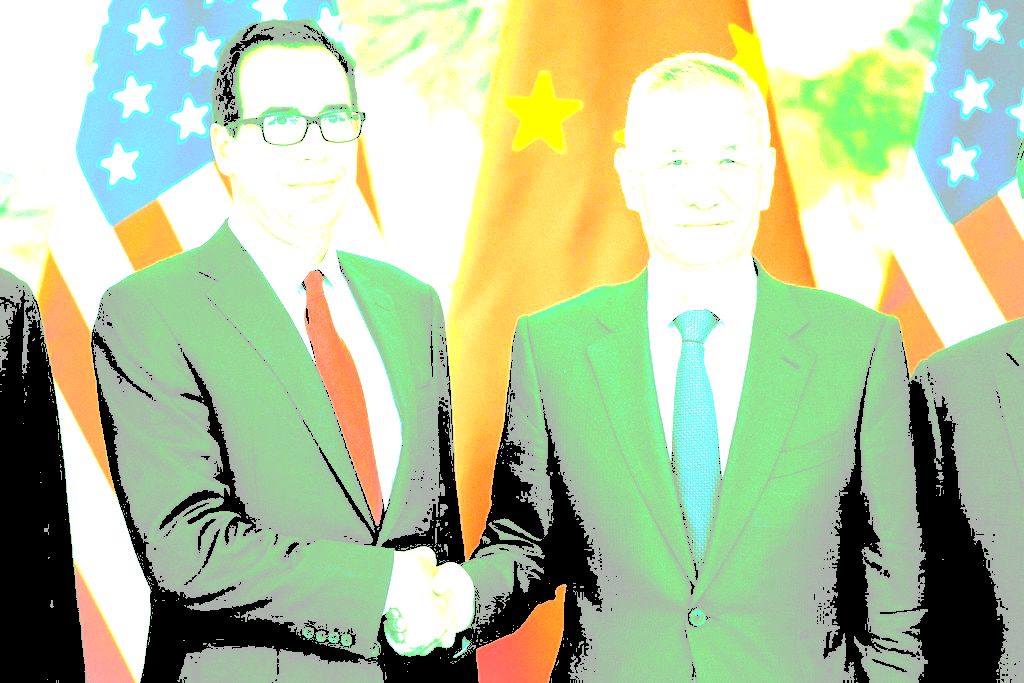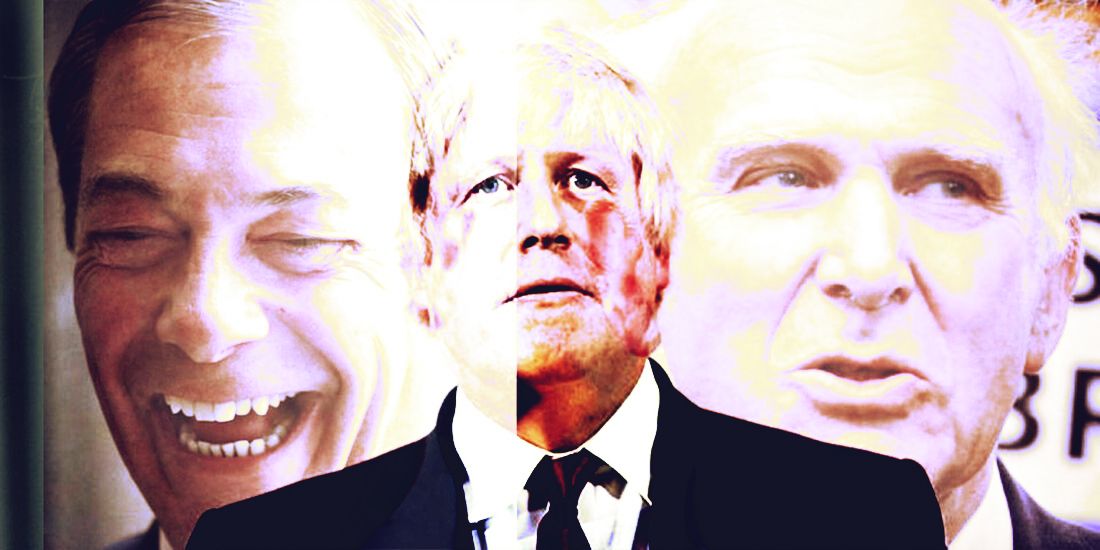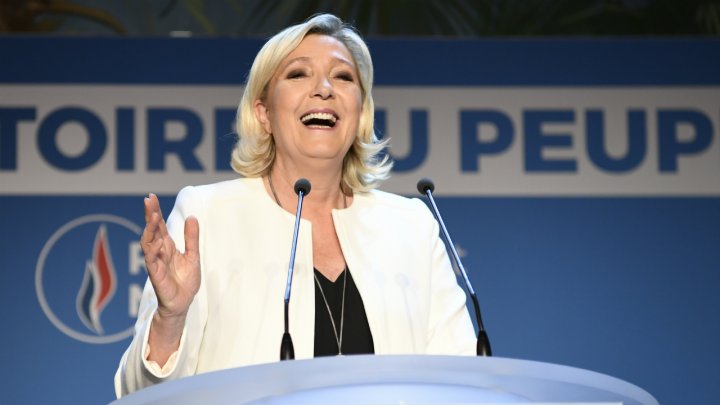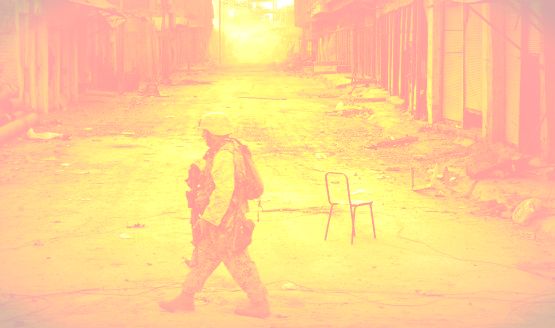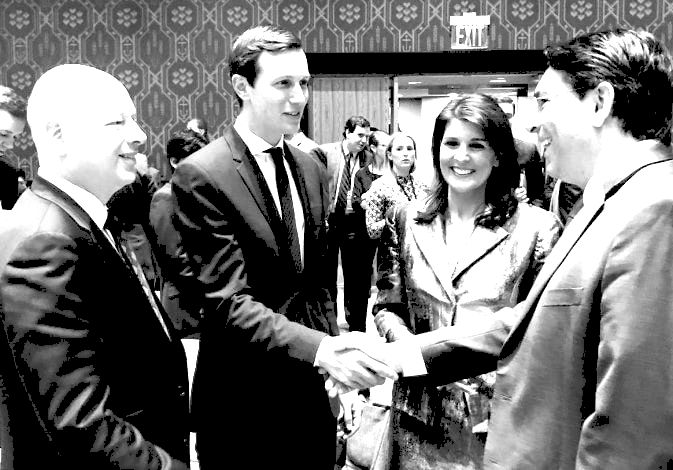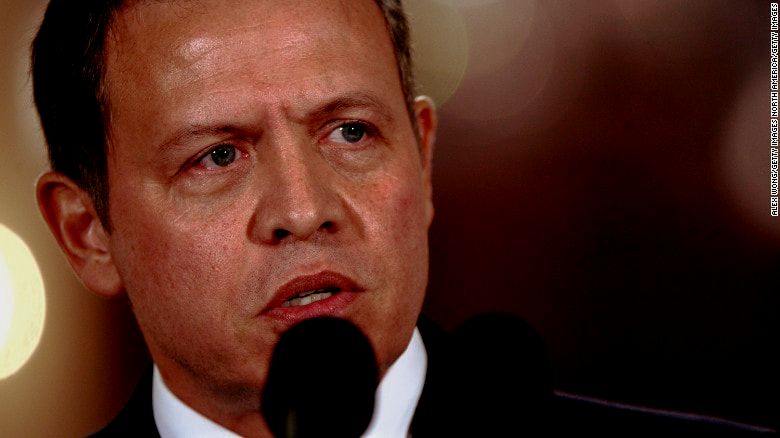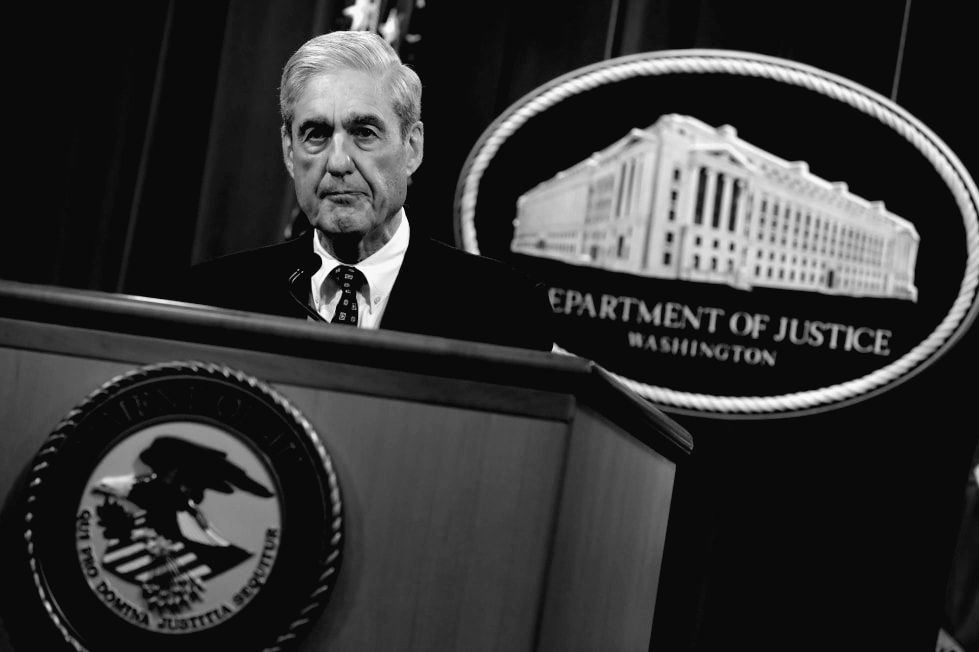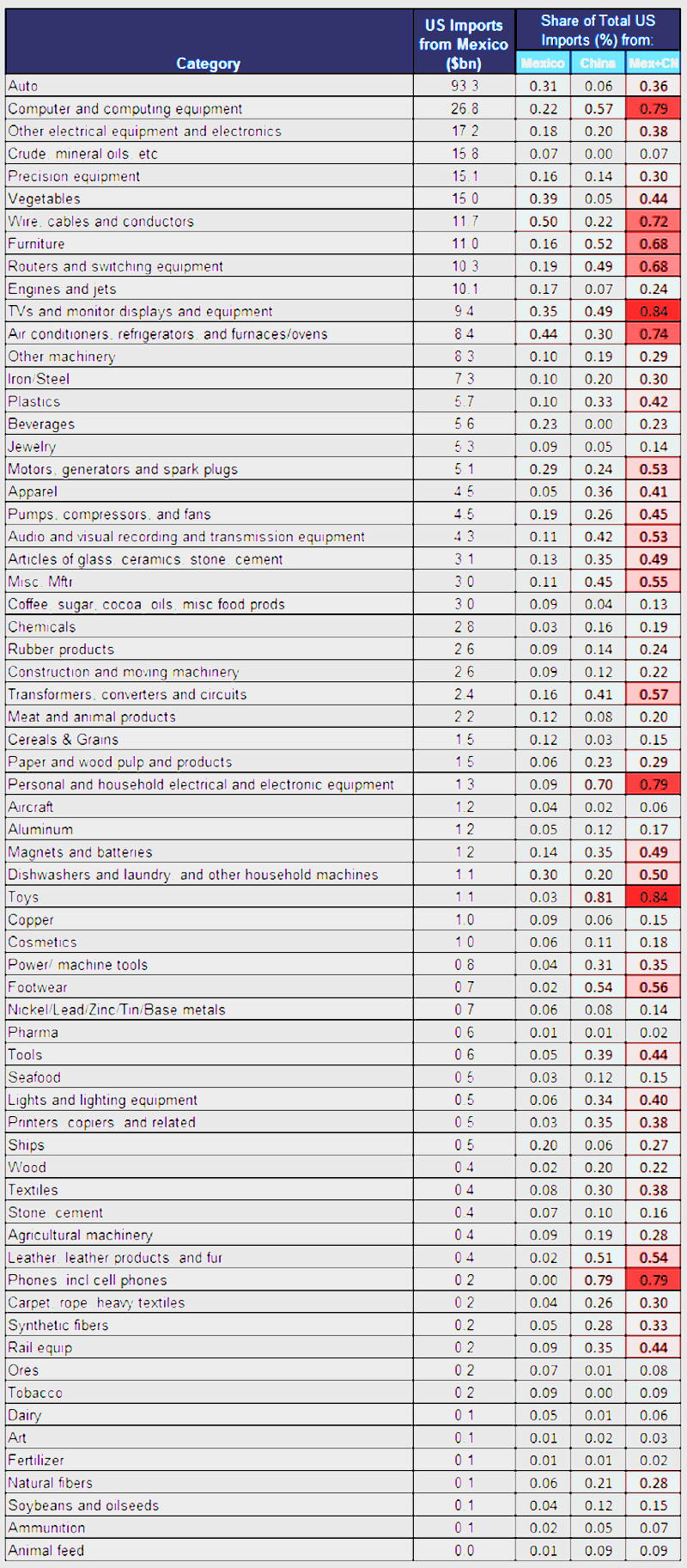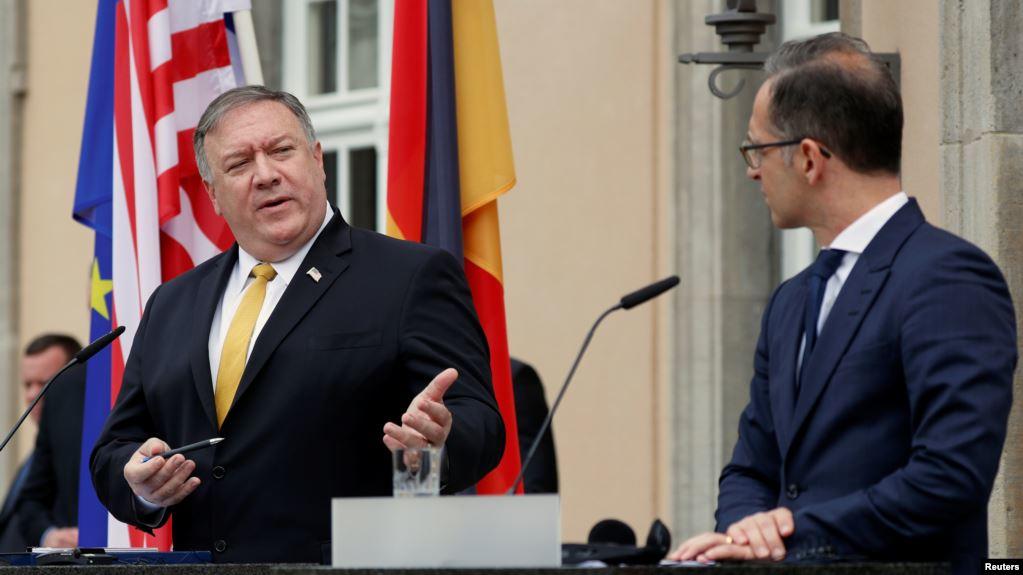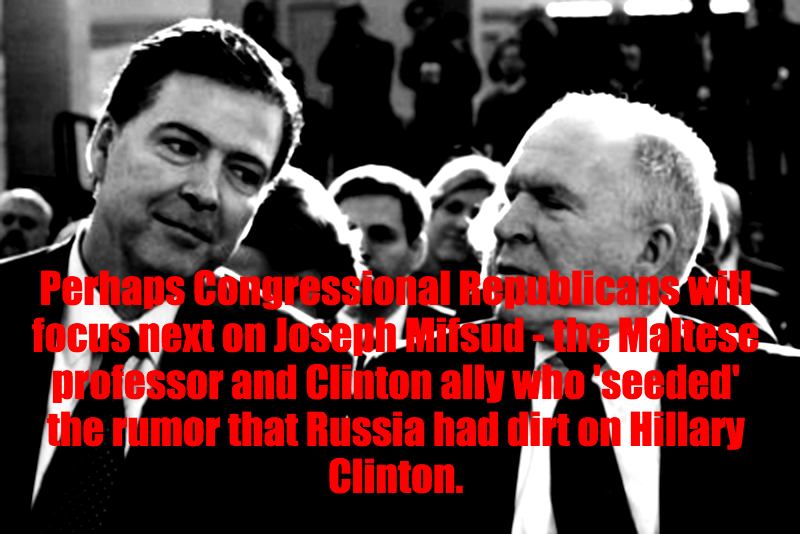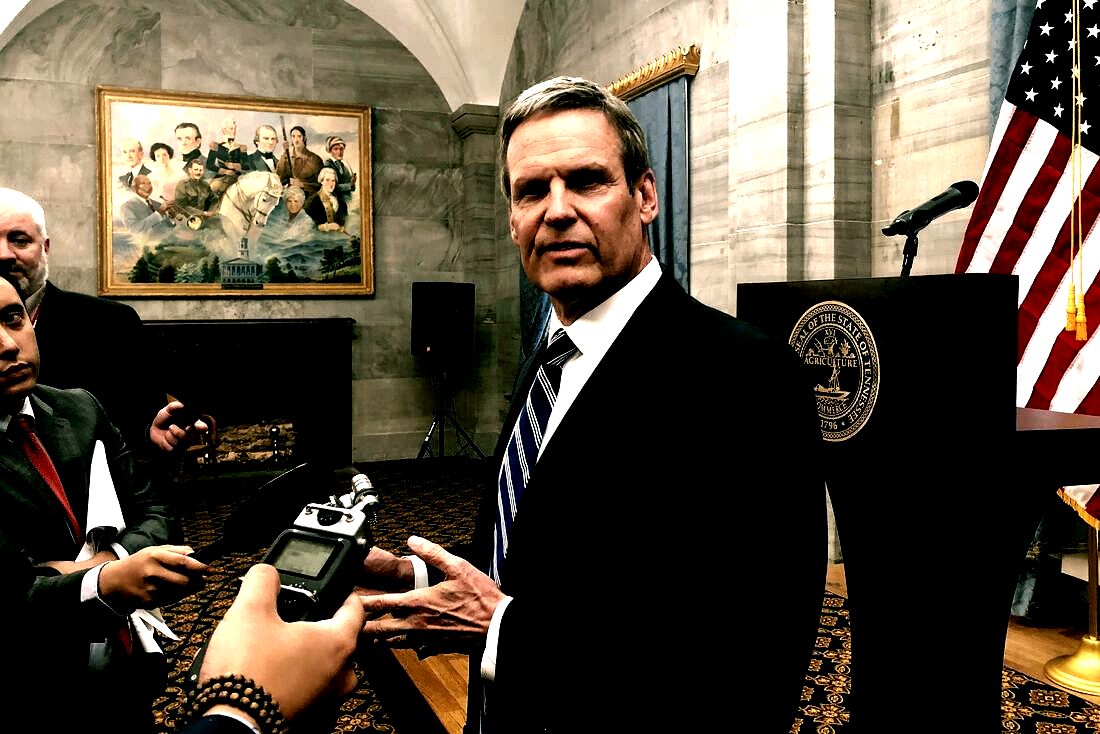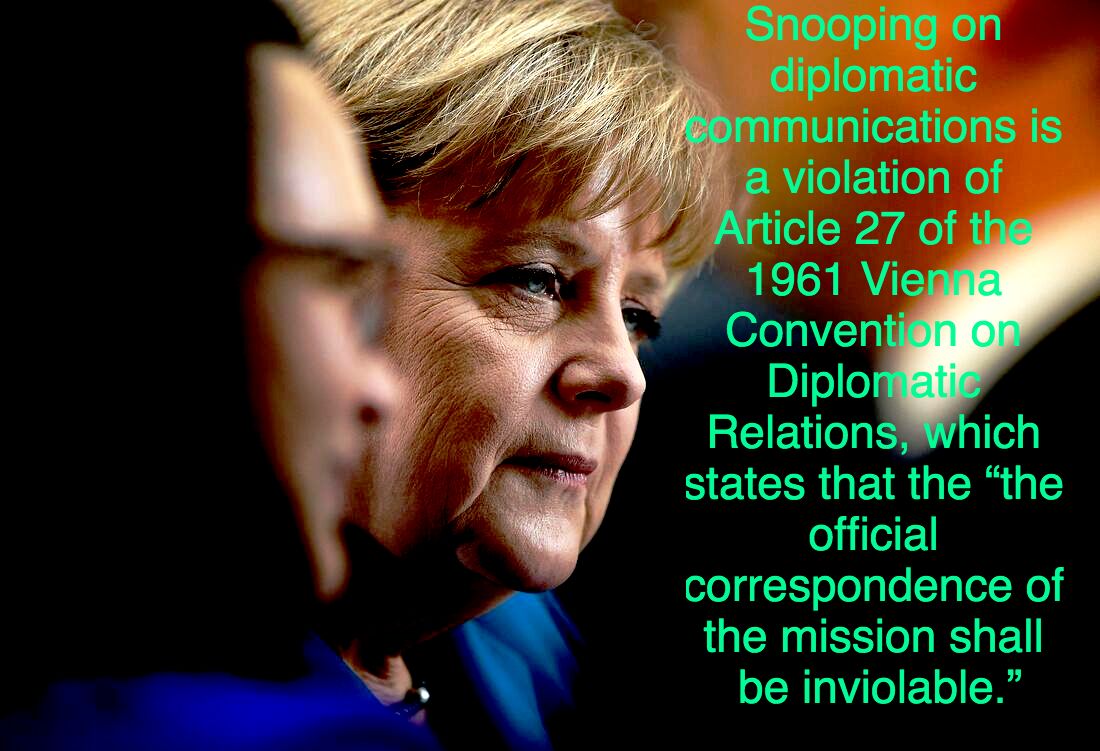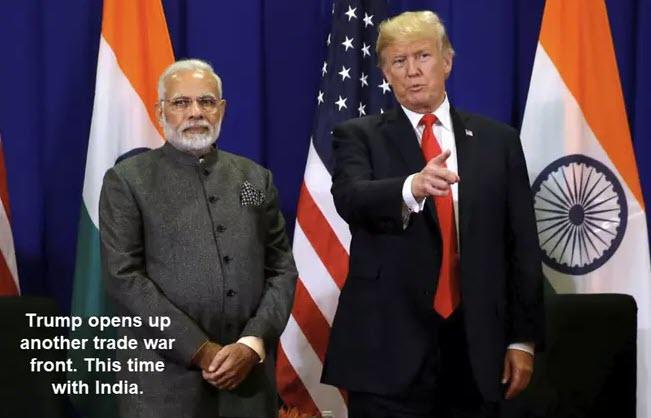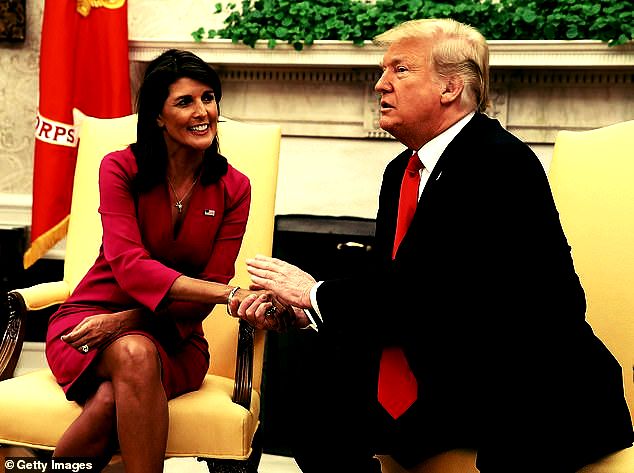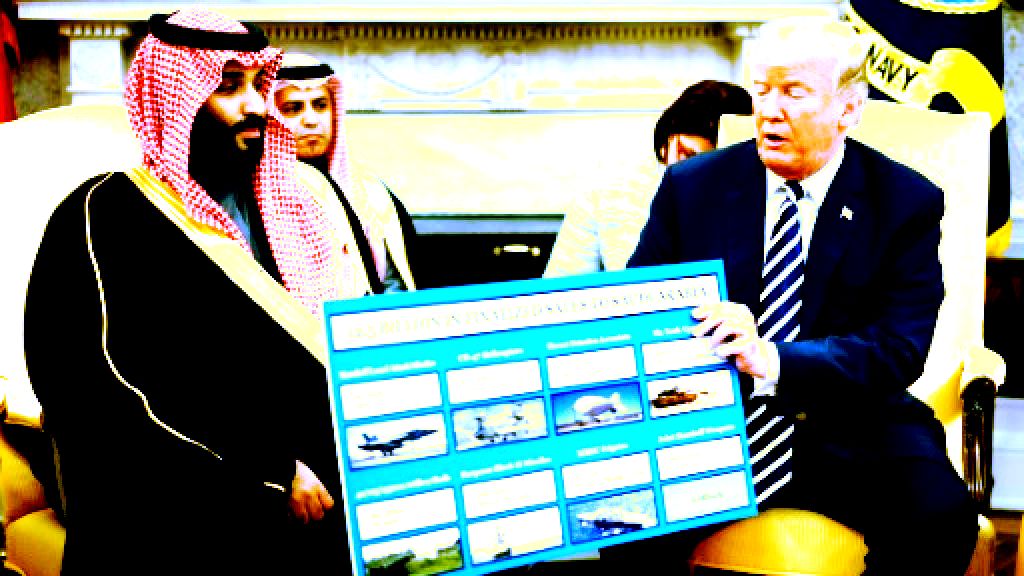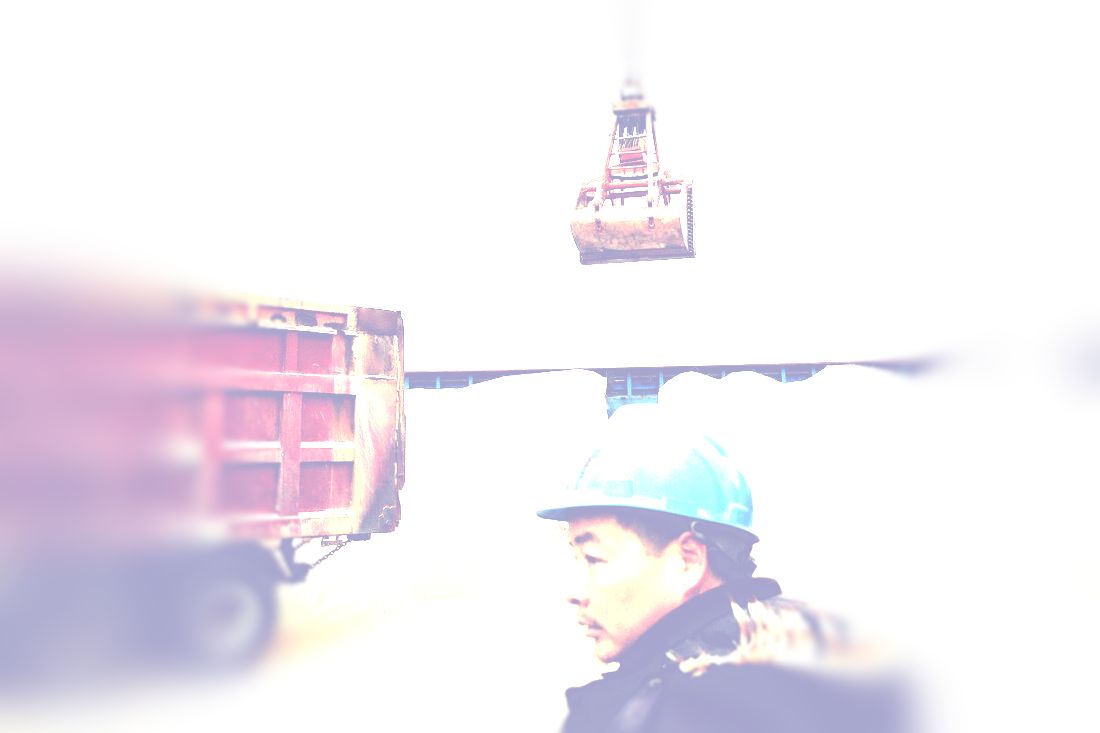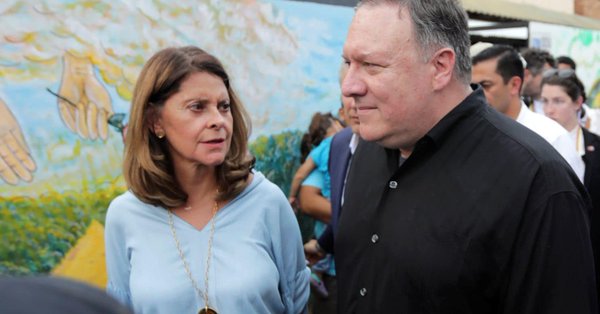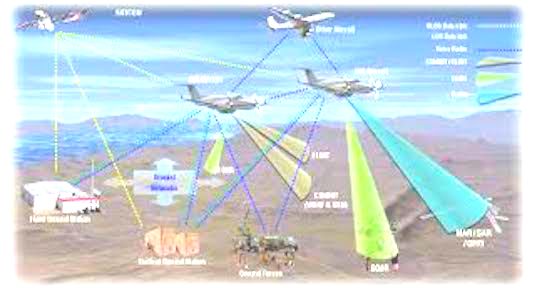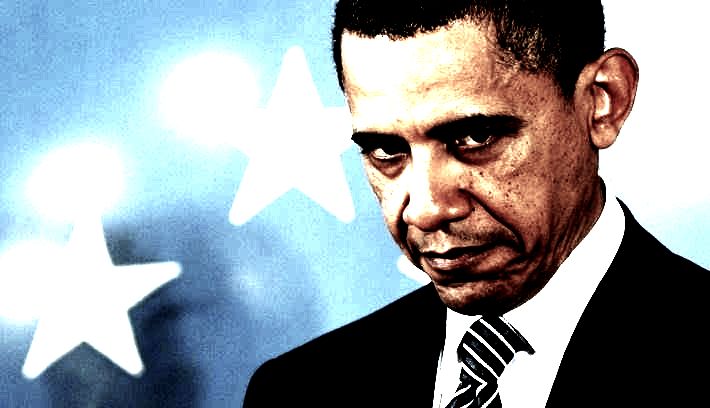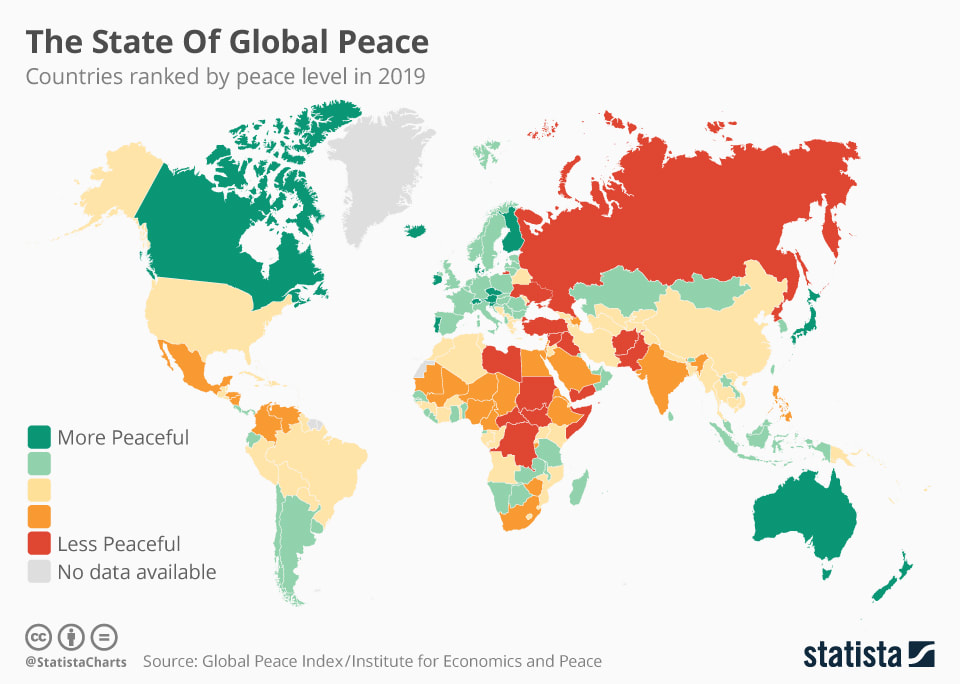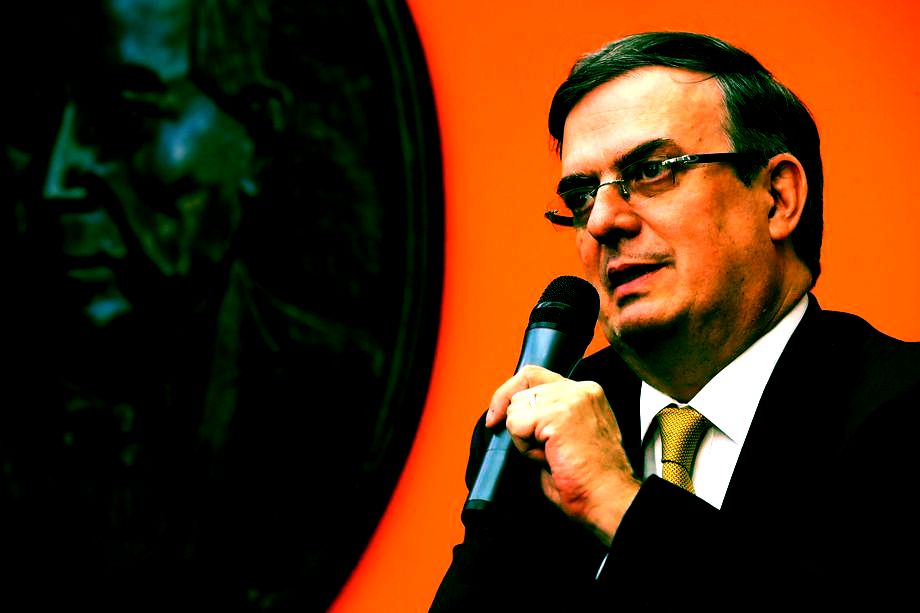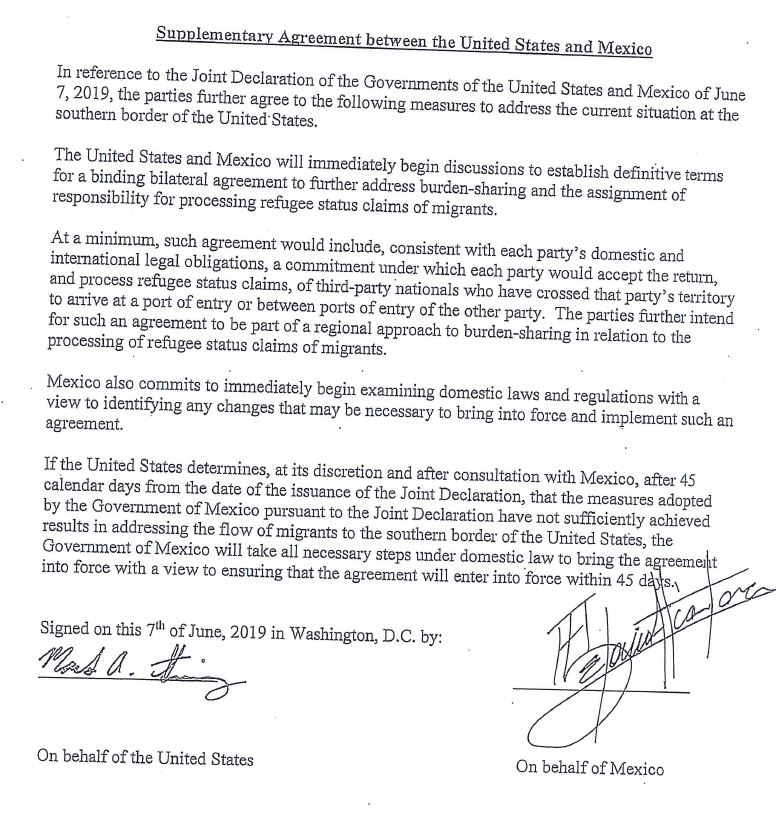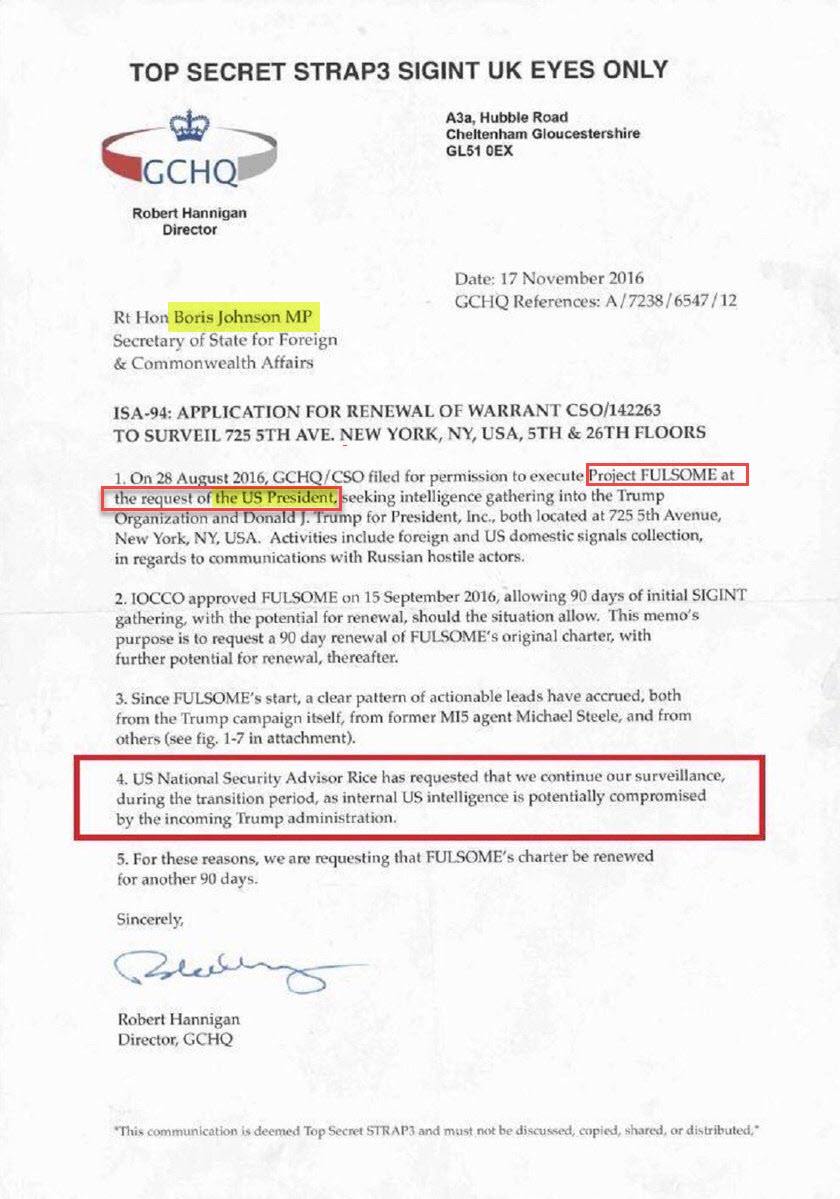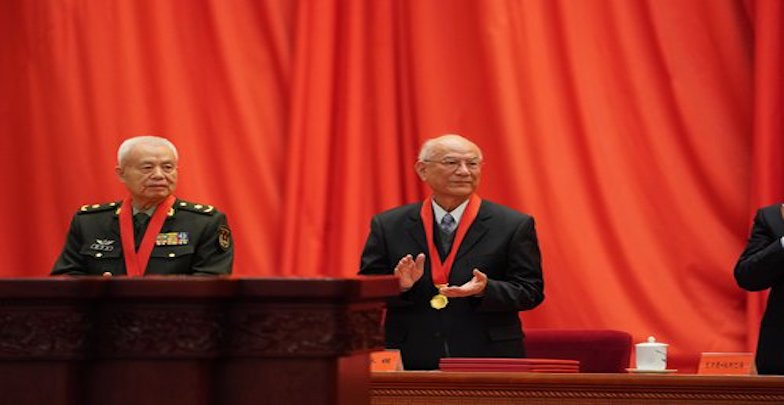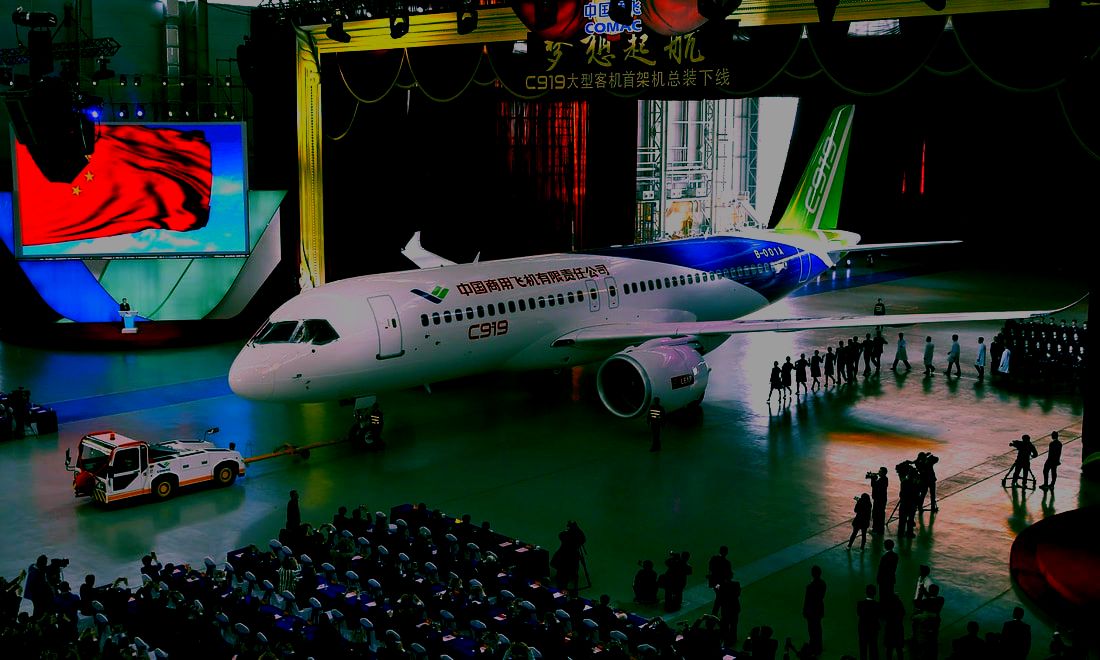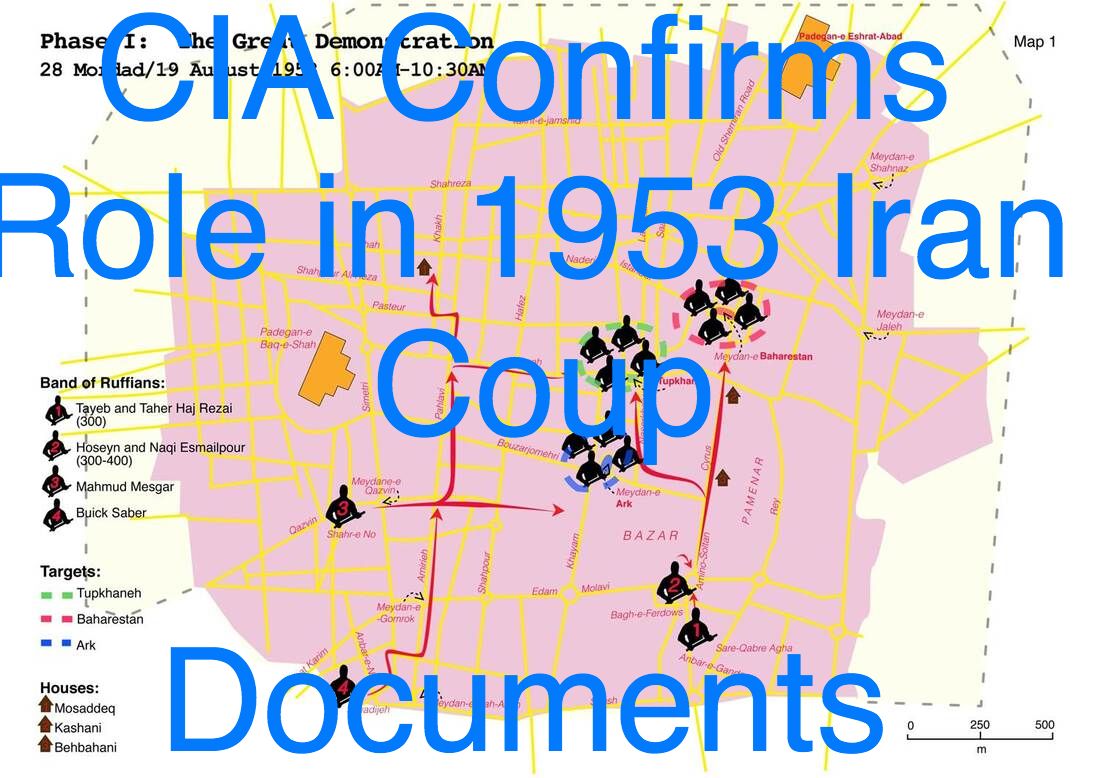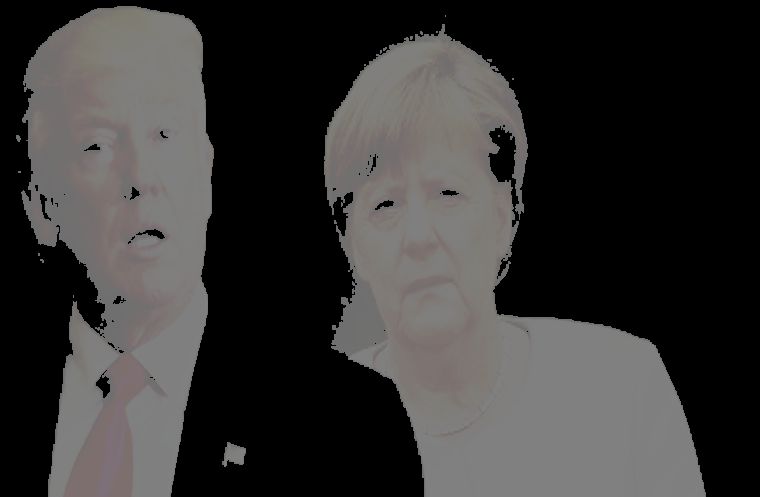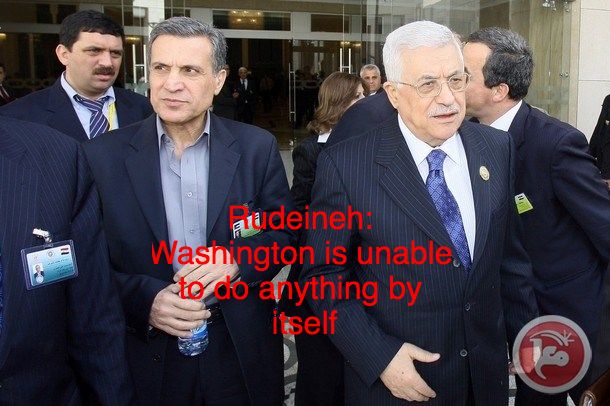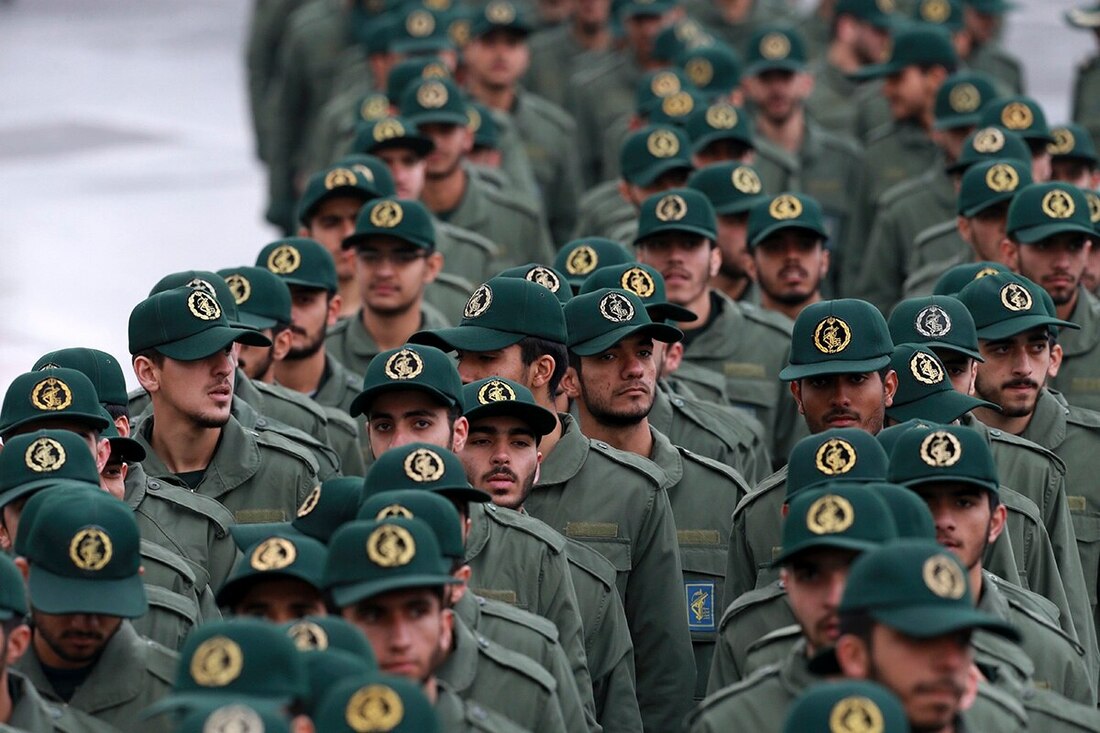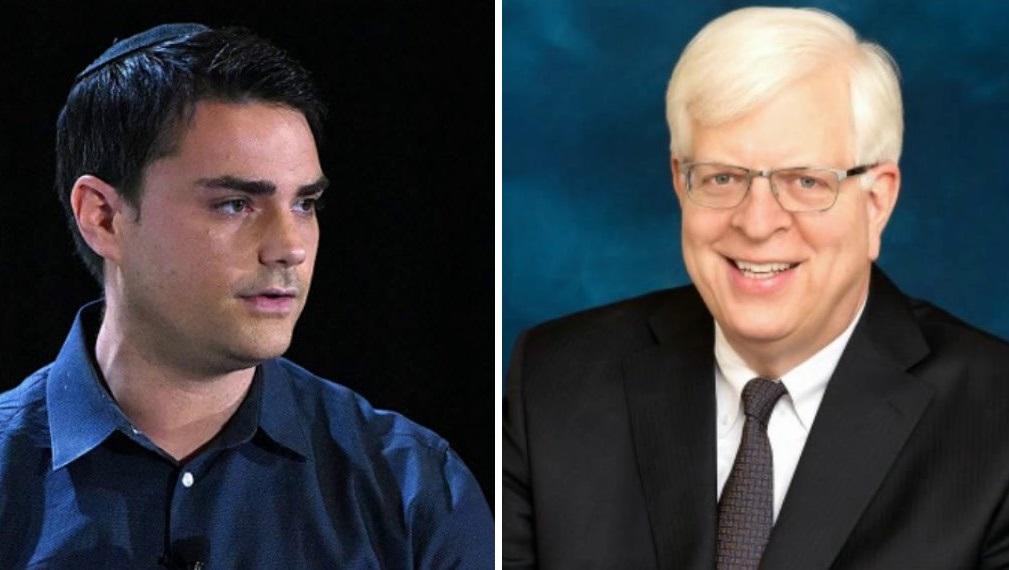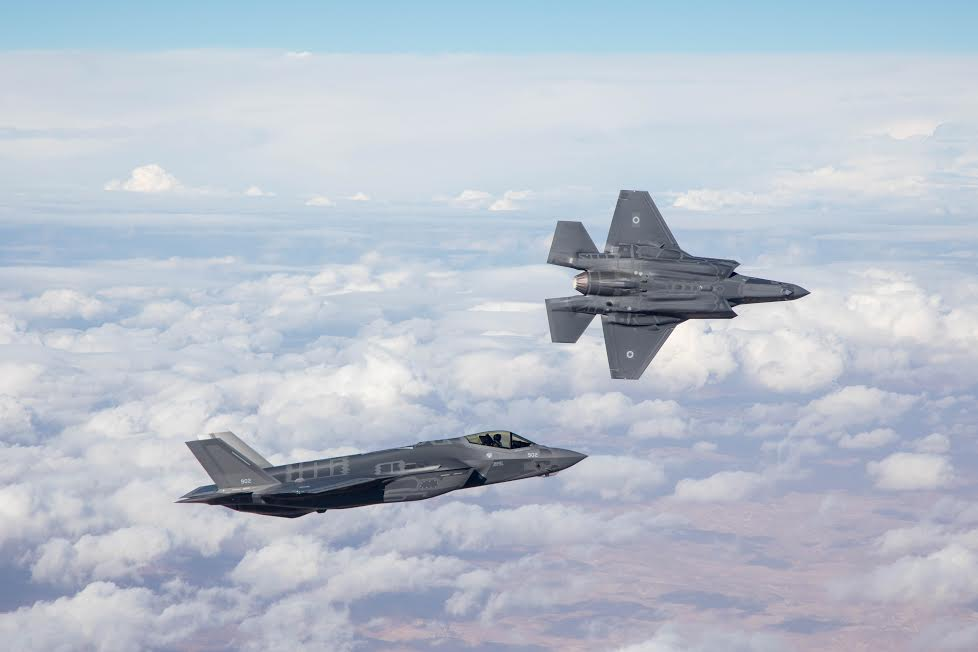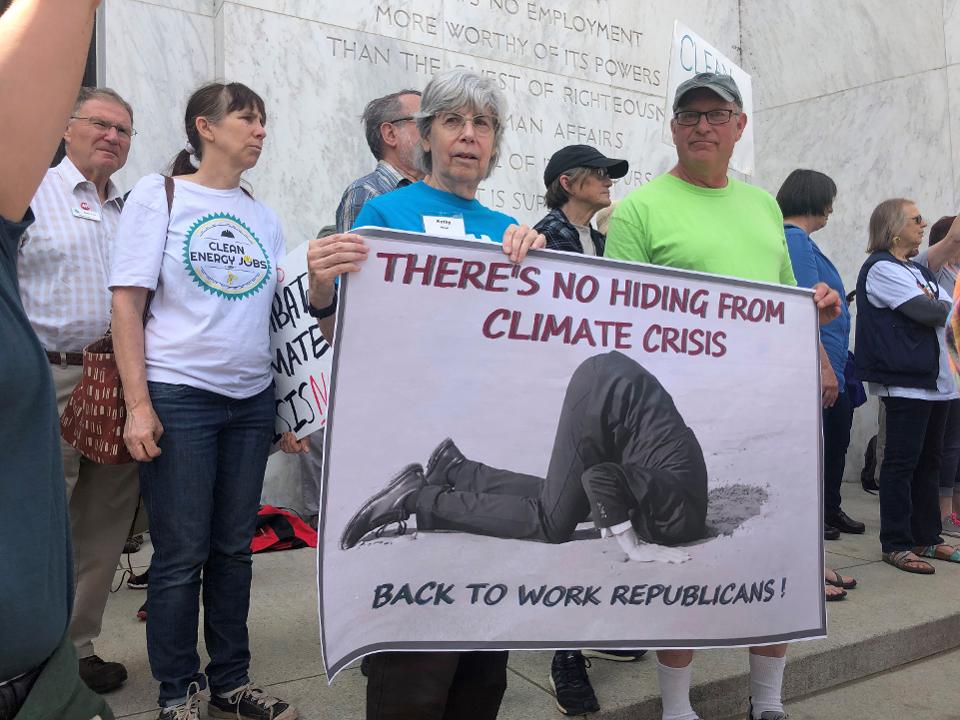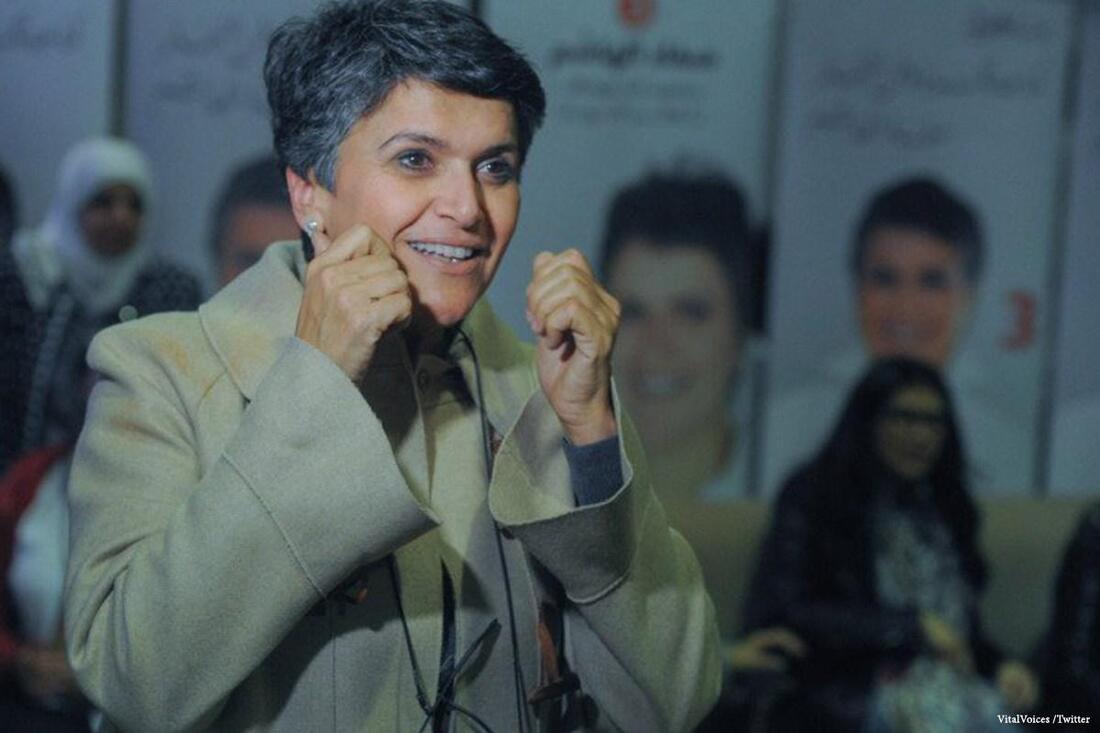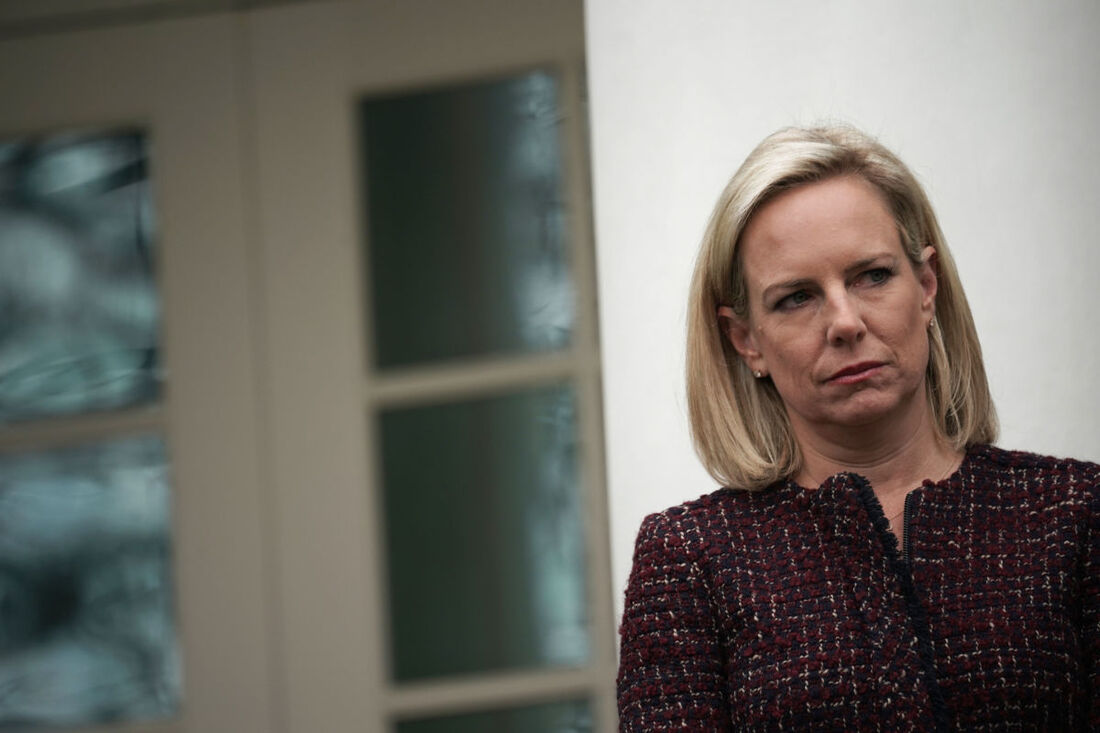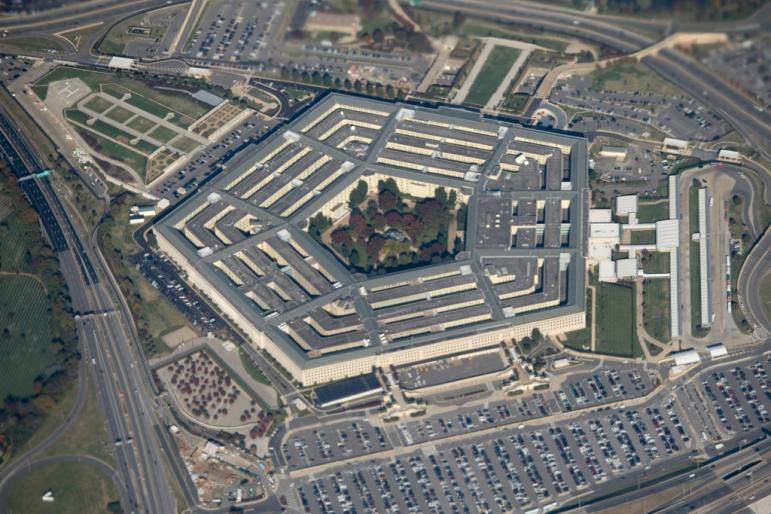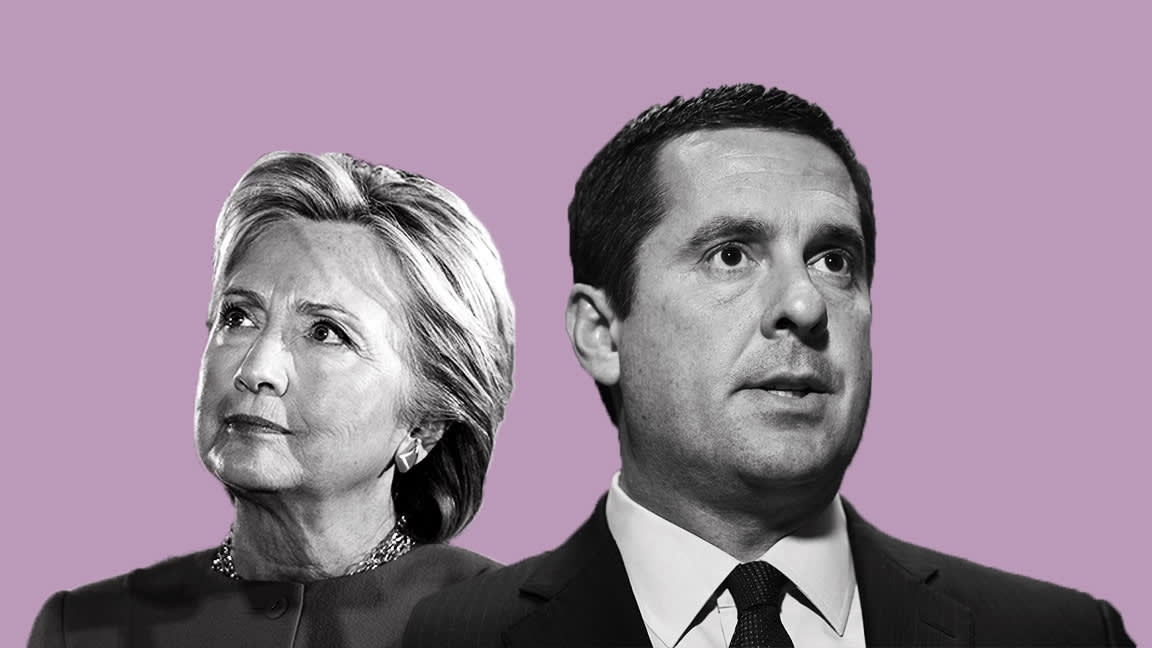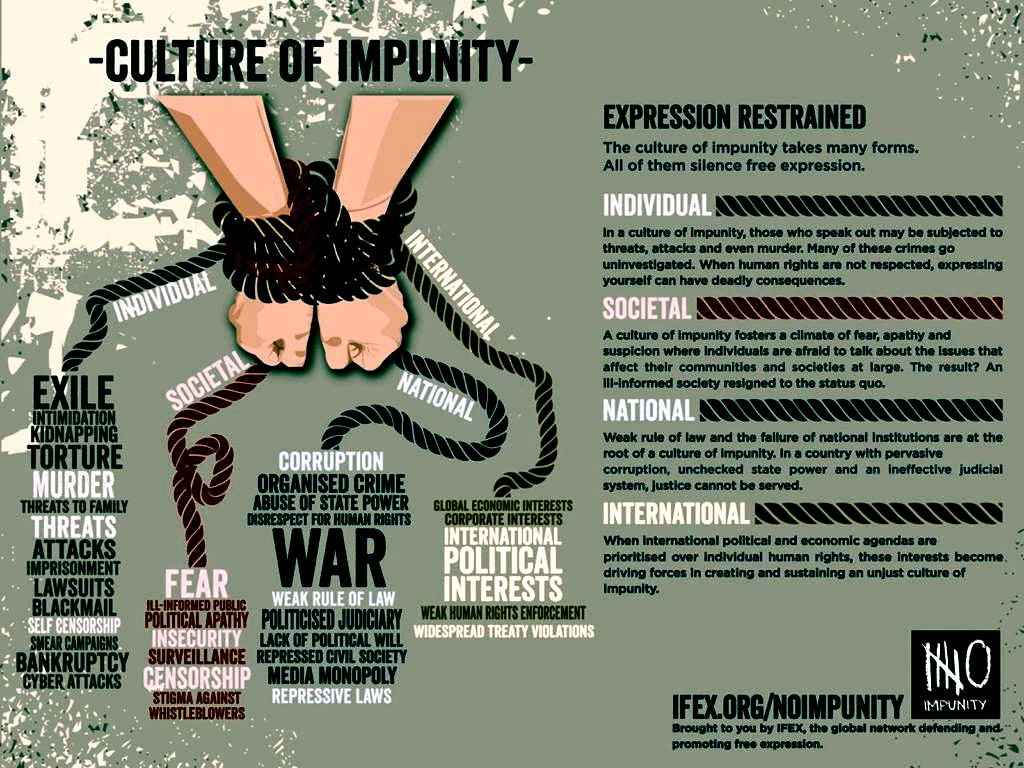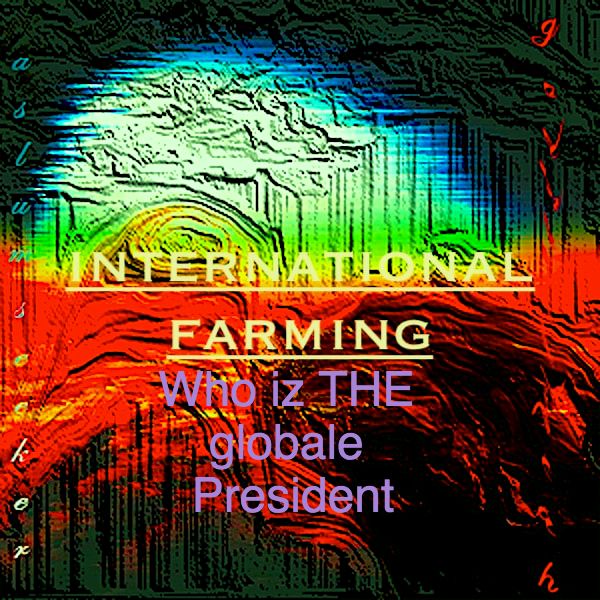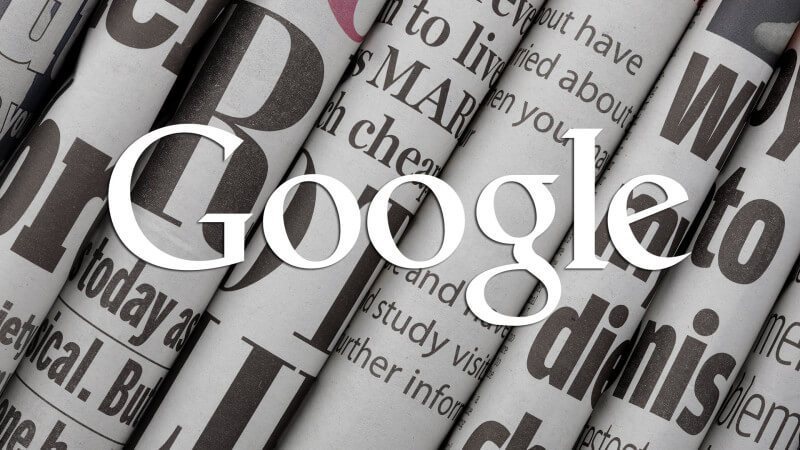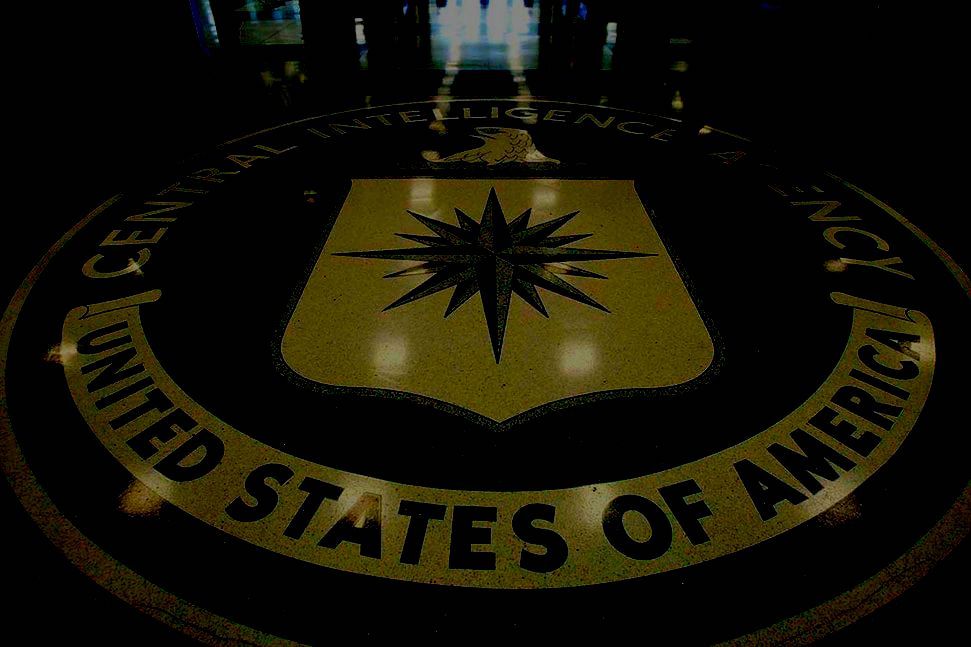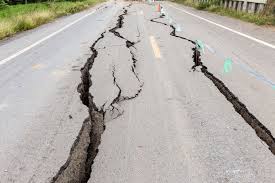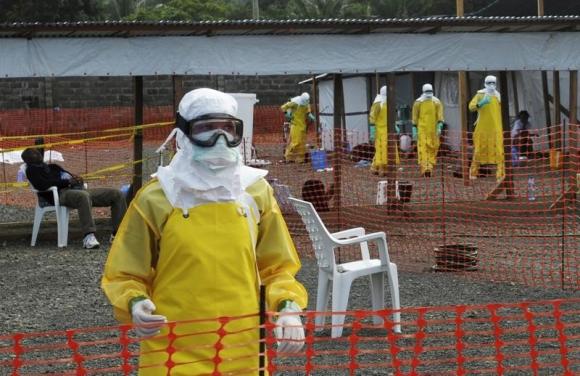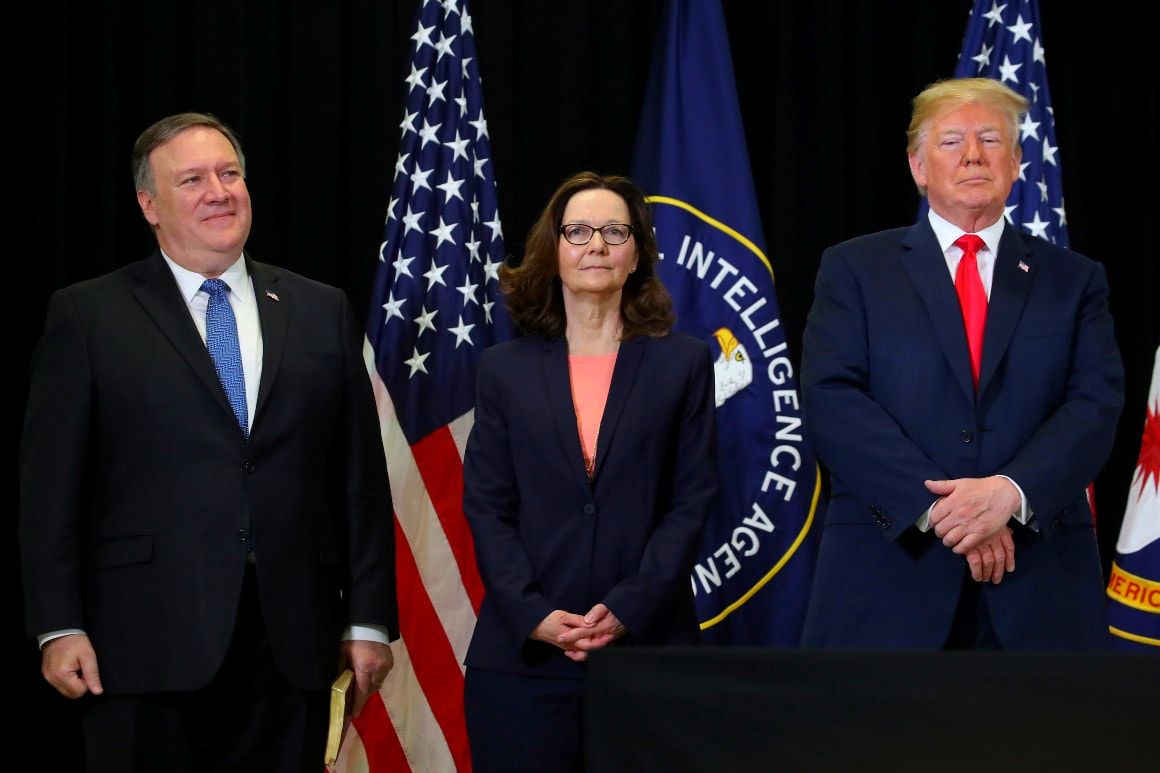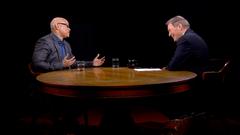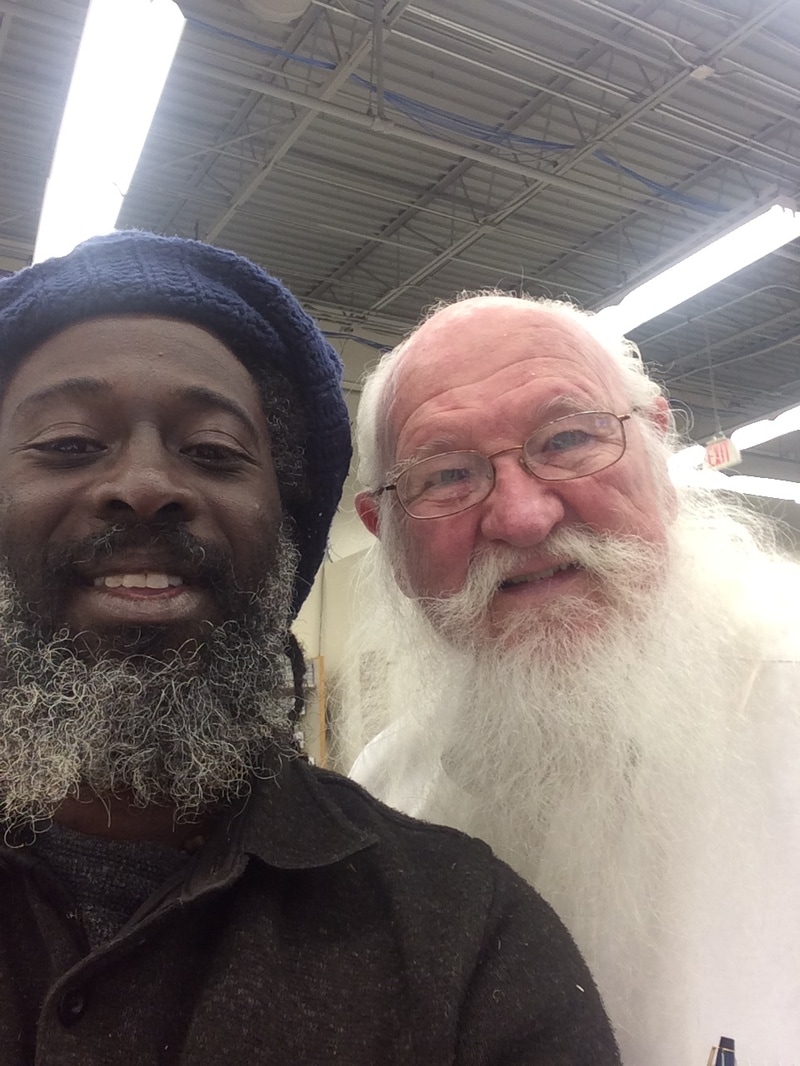The Dawn Of Izmnewz
|
|
|
U.S. Violated Trade Rules With Tariffs on China, WTO Says
"The Cold War was fought and won pretty much exclusively on military and cultural terms. The economic side was relevant only because the Soviets' doomed model inhibited any real competition. We were neither competitors nor partners in the economic space. A new Cold War between the United States and China would be something else entirely. It is difficult to see how it could be fought effectively, not to mention successfully. This is by no means to question the need to respond to increasingly aggressive behavior by China. But the U.S. response must be coherent, disciplined and sophisticated. It must balance capabilities and objectives. Reverting to a Cold War mentality will drive us toward belligerent posturing that has little or no chance of changing Chinese behavior and could, on the contrary, provoke overreactions and dangerous miscalculations on both sides. Above all, we must create a deliberate strategy that is aimed at managing this great-power conflict rather than vanquishing a foe. This is very hard work, requiring patience, conviction and broad political support. It also requires the full participation of our allies, both in the region and elsewhere. We must undertake these efforts with the imperative of preventing a downward spiral toward armed conflict."- Former director of National Intelligence and Indiana U.S. senator Dan Coats, in a Washington Post op-ed titled "There is No Cold War with China - and if There Were, We Couldn't Win."
‘Half of Europe’ wants better ties with Russia – Polish deputy PM
in THE now
NOW WE KNOW WHATS GOING ON IN AMERICA ICC , UN
WHAT IZ THE WHITE HOUSE DIRTY LITTLE SECRET AS UKRAINEGATE IZ NU ALLY
WHO ARE THESE PERSONS? and WHICH PRESIDENT IZ IT THAT WILL BE CHARGED
WITH THE articale 115 in the USA
|
|
Well it want be along war for sum of us.
|
WOW
At least 160 MP’s loyal to Ze are said to be receiving $20,000 - $30,000 USD in monthly kickback payments. Ze’s people are apparently stealing up to FOURTY percent on government projects, like road and other infrastructure projects. 2/
— ArianaGic/Аріянॳць (@GicAriana) July 7, 2021
Biden unveils strategy to end HIV/AIDS epidemic in U.S. by 2030
The Living Dead Pax Americana. War Inc. Rules. Cold War 2.0 against China
NOW YOU KNOW HOW blanked up it IZ
IZ OUR PRESIDENT NEXT
自疫情爆发以来,ChinaXiv全力支持国内外相关研究内容的预发布,并于近期收到大量关于新冠肺炎的论文。本平台提示您:目前这些论文是未经同行评审的初步报告,不应被视为结论性的、指导临床实践/健康相关行为的信息,也不应作为既定事实在新闻媒体报道。 ChinaXiv提醒各类不同用户注意,坚持实事求是的态度和严肃负责的精神,共同创造良好的学术交流氛围。具体内容,参见“中国科学院科技论文预发布平台(ChinaXiv)关于规范开展预印本学术交流的几点说明”。chinaxiv.org/abs/202109.00058
|
|
|
NOW WHO MAYBE THE FIRST WOMAN PRESIDENT
|
|
|
IT DOES NOT MATTER WHO U PICK AH NET GER IT'Z MOSTLY BULL \ ISH THEY BOTH SAY THEY R DOWN WITH COMMUNIST NOT BUDDAH SAKOTIS
US Deeply Disappointed After Russia, China Elected to UN Human Rights Council, State Department Says |
Will Libya's Fragile Oil Truce Fall Apart This Week? |
One-Third of Americans Can’t Pay Their Bills as Stimulus Talks Stall
The CIA has made it harder for intelligence about Russia to reach the White House, stoking fears among current and former officials that information is being suppressed to please a president known to erupt in anger whenever he is confronted with bad news about Moscow. Nine current and former officials said in interviews that CIA Director Gina Haspel has become extremely cautious about which, if any, Russia-related intelligence products make their way to President Donald Trump’s desk. Haspel also has been keeping a close eye on the agency’s fabled “Russia House,” whose analysts she often disagrees with and sometimes accuses of purposefully misleading her. Last year, three of the people said, Haspel tasked the CIA’s general counsel, Courtney Elwood, with reviewing virtually every product that comes out of Russia House, which is home to analysts and targeters who are experts in Russia and the post-Soviet space, before it “goes downtown” to the White House. One former CIA lawyer called it “unprecedented that a general counsel would be involved to this extent.” Four of the people said the change has resulted in less intelligence on Russia making its way to the White House, but the exact reason for that — whether Elwood has been blocking it, or whether Russia officers have become disillusioned and are producing less, or even self-censoring for fear of being reprimanded — is less clear. One administration official explained the reduced Russia-related intelligence flow from CIA to the National Security Council as a matter of “quality over quantity.” Another administration official said that while the CIA is not the only agency that provides intelligence to the NSC, this official’s perception was that the CIA was “certainly” exhibiting an “abundance of caution” about the Russia intelligence it was sending to the NSC, beginning around the time of Trump’s impeachment proceedings. A whistleblower complaint about Trump from a CIA analyst, which Elwood relayed to NSC lawyer John Eisenberg at the time, is what sparked Trump’s impeachment — feeding the mistrust toward Russia-related intelligence inside the White House and among the agency’s top ranks. The heightened scrutiny within the CIA comes as the Justice Department, through prosecutor John Durham, continues to investigate the intelligence community’s findings about Russia’s interference in the 2016 election — and particularly the conclusion drawn by Russia analysts that Russian President Vladimir Putin interfered specifically to boost Trump’s candidacy rather than just sow chaos. Trump, who has publicly railed against the intelligence community’s conclusion that Russia interfered in 2016 to bolster his candidacy, has also been working to bring the intelligence community further under his control since his impeachment acquittal in February. He has installed loyalists in top positions like director of national intelligence and the senior-most intelligence post on the NSC staff. Current and former officials have said that in private, the president remains extraordinarily sensitive around the subject of Russian meddling — to the point where they hesitate to raise the topic. As recently as last Thursday, the president blasted his own FBI director on Twitter for testifying that Moscow was seeking to “sow divisiveness and discord” and “denigrate Vice President Biden” in a bid to influence the 2020 campaign. “Scrutinizing intelligence product and process is exactly what is expected of Director Haspel not only because it’s her job, it’s her life’s work — developing sources, vetting information, and checking assumptions — it’s in her blood,” said CIA press secretary Timothy Barrett. “She rightfully asks difficult questions and ensures intelligence is corroborated, double-checked, and then run through the wringer once more. Any suggestion of a political motive for how she leads this agency is misguided.” After this story was published, Barrett added: “The notion that the General Counsel or anyone else in senior leadership impedes analysis is laughable. Everyone who works here knows that analytic objectivity is beyond reproach.” Haspel’s scrutiny of intelligence coming out of the CIA’s Russia House has led to some recent dust-ups. The head of Russia House, whom officials declined to identify by name because they work undercover, was fired earlier this year, according to four of the current and former officials familiar with the matter, but remains at the agency in another mission center. It’s not clear why he was ousted, but Haspel’s personal dislike of him was clear. “Gina was not a fan,” said one of the people familiar with the matter. Another Russia House analyst quit earlier this year after Haspel accused him of lying about intelligence — an accusation that happens fairly often, several former officials said. “She calls analysts liars all the time,” said one former CIA official. The head of the mission center itself is still in place. More recently, Haspel “completely dismissed” Russia House analysts who brought her intelligence showing a correlation between Russia and the curious phenomenon of diplomats experiencing brain trauma, according to one current U.S. official with knowledge of the episode. The brain trauma issue first came to light in 2017 when American and Canadian embassy staff in Cuba complained of mysterious health problems that have never been definitively explained. “She had a very defensive reaction, reacted very poorly and made some comments about needing to clean out Russia House,” the official said. Intelligence is a two-way process: Officials at the NSC and other “consumers” in the government regularly send questions and requests to the intelligence community in what is known as a “tasking,” while “producers” in America’s spy agencies then try to provide answers. But the Russia portfolio at the NSC has faced constant churn over the past few years: Ryan Tully is the fifth person to hold the senior director role, which previously had been held by Fiona Hill and Tim Morrison, both of whom testified in the impeachment inquiry. Joe Wang, who was deputy senior director for Europe and Russia at the NSC under Tully, left for the State Department over the summer. All that turnover “has been hard on [Russia policy],” another administration official said, “because you need someone driving it who has a consistent view — and it doesn’t seem like working on [Russia] has been a top priority.” Critics of national security adviser Robert O’Brien say he has been prone to highlighting national security information and intelligence “that he knows the president will respond well to,” as one former White House official put it. “O’Brien doesn’t want anyone to touch things Russia-related because of the reaction,” a second former White House official said. “He just doesn’t want to rock the boat with Trump.” An NSC spokesperson didn’t respond to a request for comment but an administration official pushed back and said: “Anyone who’s watched the NSC policy process over the last year knows how seriously the NSC has been working to counter Russian malign activities.” Like other specialized units, Russia House — which remained highly compartmented even after it was integrated into the CIA’s Mission Center for Europe and Eurasia as part of a reorganization under former CIA Director John Brennan — is extremely protective of its intelligence. But some within the agency, including Haspel, have described it as too isolated and in need of an overhaul, according to several of the current and former U.S. officials. Others describe that characterization as unfair, and say a level of secrecy and limits on collaboration with other units is necessary to protect the information from being too widely shared or manipulated. “We thought her feeling that Russia House was cliquey or insular was grossly unfair,” said a former senior CIA official. “She had preconceived notions about it, from her own time at the agency.” Haspel joined the CIA in 1985 and spent nearly her entire career working undercover as a clandestine officer, serving as chief of station in Europe and Central Eurasia and focusing at times on Russian operations, according to a CIA-issued timeline. Some still fear, however, that Haspel’s negative perception of CIA’s Russia analysts is the result of ongoing political pressure by the Trump administration to frame them as biased and myopic because of a conclusion they drew in 2016 that has enraged the president: that Putin ordered an interference campaign specifically to bolster Trump’s candidacy. That analysis was based at least in part on information from a highly sensitive CIA asset in the Kremlin, and is now at the center of Durham’s probe. “When I was there, Russia House was the most sensitive, most secretive organization in the building,” said Larry Pfeiffer, who served as former CIA Director Michael Hayden’s chief of staff. “They’re very protective of the information, and rightfully so. Given Russian counterintelligence efforts, and the incredible sensitivity of any sources they might have, if something were to get out it could result in the loss of the life of an asset. And given what we know of Russian security efforts, I can only surmise that those assets are few and far between.” Some people familiar with Haspel’s enhanced scrutiny of the Russia material say it isn’t necessarily nefarious, or the result of her working to stay in Trump’s good graces. One U.S. official acknowledged that while Haspel “has been very demanding of anything Russia-related,” it’s possible that she just feels “protective” of the agency she came up in. “She knows that they’re under a microscope,” this person said. “So she feels like they need to be more precise, and airtight.” At least one CIA assessment likely to anger Trump was reportedly included in the CIA’s classified World Intelligence Review, which is disseminated to a wide array of policymakers and other stakeholders, on Aug. 31: that Putin was probably personally directing an ongoing operation to undermine Joe Biden’s candidacy. Trump’s firing of former acting Director of National Intelligence Joseph Maguire, who made the career-ending decision to allow a deputy to brief lawmakers on Russia’s ongoing election interference, is still top of mind for many in the intelligence community who fear they could land in Trump’s crosshairs if they challenge him in any official setting. Those fears played out on Thursday night, when Trump went on a Twitter rampage against FBI Director Christopher Wray. Wray had testified during a public congressional hearing about Russia’s ongoing attempts to undermine Biden — China is “a FAR greater threat than Russia, Russia, Russia,” Trump replied on Twitter — and the threat of white supremacist violence in the U.S. “I look at them as a bunch of well funded ANARCHISTS & THUGS who are protected because the Comey/Mueller inspired FBI is simply unable, or unwilling, to find their funding source, and allows them to get away with “murder,’” Trump tweeted in response. Wray and other national security leaders, including Haspel, had specifically sought to avoid Trump’s wrath earlier this year by requesting that the annual Worldwide Threats hearing before Congress be held behind closed doors and out of his sight. Haspel’s detractors say that approach has warped the agency’s mandate to deliver its unvarnished assessments of world affairs, heedless of political considerations. “The director has abdicated her responsibility to tell the president what he needs to be told, and that is in part enabled by Elwood,” said another former senior CIA official. This person said Elwood is “in virtually every meeting, making decisions and getting involved in things that are not legal issues” — including her role in reviewing all of the Russia-related material before it’s sent out to the consumer, a job usually done, if necessary, by a unit’s in-house lawyer. Another former CIA official said Elwood showed “a lot more interest” in the agency’s counterintelligence unit than previous general counsels, and had that unit’s attorney begin reporting to her deputy. “No one is willing to challenge” Elwood or Haspel, said the former senior CIA official. He added that Haspel’s changes have “been framed by some as an effort to ‘protect the building’ — well, her job is not to protect the building, it’s to protect the country.”
17 hours ago - 10°26′N 66°54′W Venezuela's President Maduro tells armed forces to be 'ready' in case of US attack Jump to map
Caracas, Distrito Capital
Pentagon’s Lies In Report On China’s Military Aim To Denigrate China And Get More Money For The DoD
Guaidó Considering U.S. Military Option Alongside Venezuela Forces By
Jennie Taer
-
May 5, 2019
China deeply disappointed by US tariff plan
China voiced deep disappointment late on Wednesday about Washington's plan to raise tariffs on Chinese imports on Friday, saying that it will take necessary counter-measures if the US tariffs increase takes effect. The planned tariffs increase on $200 billion worth of Chinese imports from 10 percent to 25 percent was filed by the Office of the US Trade Representative, and the filing appeared on Wednesday in the Federal Register, the Associated Press reported. In response, an unnamed spokesman for the Ministry of Commerce said in a statement on the ministry's website that escalating trade friction does not serve the interests of people in the two countries and the world. Major US trade bodies have urged the Trump administration to avoid further escalating tensions by suddenly increasing tariffs on Friday, while experts said it's sensible for China to continue negotiations in a measured way. "This is a predicament for soy growers," American Soybean Association President Davie Stephens said on Tuesday. President Donald Trump threatened in a tweet on Sunday to increase tariffs. Stephens, a grower from Clinton, Kentucky, said that US farmers are in a tough situation, and with depressed prices and unsold stocks forecast to double before the 2019 harvest begins in September, farmers urgently need the China market. "We need a positive resolution of this ongoing tariff dispute, not further escalation of tensions," he said in a release posted on the ASA web site. Nicole Kaeding, vice-president of federal and special projects at the Washington-based Tax Foundation, said that if the Trump administration follows through on the president's threat, it's US taxpayers, not Chinese taxpayers, who will pay the price — thanks to higher prices and fewer job opportunities. The Information Technology Industry Council also warned against further raising tariffs. "Increasing tariffs will only continue to harm American consumers and businesses of all sizes and across all sectors, as well as threat en American economic growth and leadership in innovation," said Naomi Wilson, the council's senior director of policy for Asia. US chemical manufacturers also called for sensible trade policy solutions. Cal Dooley, president and CEO of the American Chemistry Council, said on Monday he believed the risks of continuing to use tariffs as a negotiating tactic with China are simply too high, and potential benefits remain unclear. Several organizations, including Tariffs Hurt the Heartland — the national campaign composed of more than 150 of the largest US trade organizations in retail, technology, manufacturing and agriculture — have in recent days highlighted the negative impact of tariff increases on the US economy and job market. They cited a report in February from Trade Partnership Worldwide as saying that increasing tariffs on $200 billion of goods to 25 percent, coupled with tariffs already in place — as well as expected Chinese retaliation — would reduce US employment by more than 934,000 jobs and push down the US GDP by 0.37 percent. According to data from the General Administration of Customs, two-way trade between China and the US declined 11.2 percent year-on-year to 1.1 trillion yuan ($162.5 billion) in the period from January to April. The fact that Beijing is still sending a delegation to the US for the trade talks is "very wise on China's part", said Gary Hufbauer, a senior fellow and trade expert at the Peterson Institute for International Economics in Washington. Douglas H. Paal, vice-president of the Asia Program at the Carnegie Endowment for International Peace, said it "makes sense to continue the talks because the alternative would be a drastic signal to markets". Vice-Premier Liu He will visit the US on Thursday and Friday to attend the 11th round of the bilateral consultations on trade issues. Jing Shuiyu in Beijing contributed to this story.
Products hit by tariffs
The World To America: "You're Fired!"
China Calls For "People's War" Against The US, Vows To "Fight For A New World"
THE IZM IZ NOW
japan fukashima
Turkey to assist children of ISIL militants in Iraq ANKARA- Anadolu Agency
taste it
The group has released these names as this year's participants (my highlights). BOARD Castries, Henri de (FRA), Chairman, Steering Committee; Chairman, Institut Montaigne
|
|
|
|
This swallowable chip uses glowing bacteria to spot hidden illnesses
Dear Chairman The Stock Market is not a driver of growth – it is the price investors are willing to pay for their perceptions of future value of stock market assets, a price which is relative to other assets, including factories, property, intellectual capital and infrastructure. Do not confuse the stock market with the economy. “Trade war” weakness may worry investors about the value of their stocks, but, should equally cause investors to finance and build new economic assets (ie factories, farms, infrastructure, schools, etc) to benefit from the opportunities “trade war” opens long term to the US economy. While reducing rates to near zero levels to finance a Trade War with China may seem a logical decision, experience shows the unintended consequences of zero rates will achieve sub-optimal results. Since 2009 “lower for longer” rates have not caused a regeneration of manufacturing, infrastructure or other productive assets. Instead, low rates have encouraged corporates to buy back their own stock, pay their owners larger bonuses and dividends, and fooled investors to buy these same stocks as the most attractive relative asset – which is distortion. A second unintended consequence is burdening the economy with unproductive assets and obsolete capital assets. Corporate borrowing to convert equity into debt raises systemic weakness across the economy. The Darwinian Selection process which drives growth and causes firms rise and fall according to their ability to manage themselves becomes distorted and lose momentum, leading to too many weak zombie indebted going-nowhere companies to block market niches more nimble new firms could more profitably fill. The long-term consequences are long-term rentier behaviour by owners, and declining real wages (and rising income inequality) as productivity across the nation slides as capital assets are not replaced and upgraded. Long term, investment in replacing obsolete infrastructure, and the normalisation of interest rates to levels that create real returns to encourage real investments (into productive capital projects) rather than unproductive financial investments (such as already distorted stocks), would benefit the economy. There is, however, a strong argument that 10-years of financial distortion through low interest rates, and the deliberate transfer of risk assets from the now heavily regulated banking sector into the more diverse investment management sector, now leaves the pension savings of millions of American’s vulnerable in the case of a stock market downturn. This is an issue for the committee to determine…
|
The Trump administration has reversed an important Obama-era strategy to fight climate change with the EPA easing restrictions on coal-fired power plants
Beijing Slams Pompeo As Trade Talks Loom: "He Can No Longer Play Role Of Top US Diplomat"
Operation Sea Lion
CRIMES AND IMPUNITY FULL SENATE COMMITTEE REPORT ON CIA SECRET DETENTIONS MUST BE RELEASED, AND ACCOUNTABILITY FOR CRIMES UNDER INTERNATIONAL LAW ENSURED
Astronomers discovered a car-size asteroid hours before it slammed into Earth and burned up in the atmosphere this past weekend, news sources report.
Principles of Decentralized Social Networks We free individuals should be able to publish our data freely, without having to answer to any corporation. We declare that we legally own our own data; we possess both legal and moral rights to control our own data. Posts that appear on social networks should be able to be served, like email and blogs, from many independent services that we individually control, rather than from databases that corporations exclusively control or from any central repository. Just as no one has the right to eavesdrop on private conversations in homes without extraordinarily good reasons, so also the privacy rights of users must be preserved against criminal, corporate, and governmental monitoring; therefore, for private content, the protocols must support strong, end-to-end encryption and other good privacy practices. As is the case with the Internet domain name system, lists of available user feeds should be restricted by technical standards and protocols only, never according to user identity or content. Social media applications should make available data input by the user, at the user’s sole discretion, to be distributed by all other publishers according to common, global standards and protocols, just as are email and blogs, with no publisher being privileged by the network above another. Applications with idiosyncratic standards violate their users’ digital rights. Accordingly, social media applications should aggregate posts from multiple, independent data sources as determined by the user, and in an order determined by the user’s preferences. No corporation, or small group of corporations, should control the standards and protocols of decentralized networks, nor should there be a single brand, owner, proprietary software, or Internet location associated with them, as that would constitute centralization. Users should expect to be able to participate in the new networks, and to enjoy the rights above enumerated, without special technical skills. They should have very easy-to-use control over privacy, both fine- and coarse-grained, with the most private messages encrypted automatically, and using tools for controlling feeds and search results that are easy for non-technical people to use. We hold that to embrace these principles is to return to the sounder and better practices of the earlier Internet and which were, after all, the foundation for the brilliant rise of the Internet. Anyone who opposes these principles opposes the Internet itself. Thus we pledge to code, design, and participate in newer and better networks that follow these principles, and to eschew the older, controlling, and soon to be outmoded networks. We, therefore, the undersigned people of the Internet, do solemnly publish and declare that we will do all we can to create decentralized social networks; that as many of us as possible should distribute, discuss, and sign their names to this document; that we endorse the preceding statement of principles of decentralization; that we will judge social media companies by these principles; that we will demonstrate our solidarity to the cause by abandoning abusive networks if necessary; and that we, both users and developers, will advance the cause of a more decentralized Internet. Sign the petition here...
The US Navy says it is carrying out searches in the Arabian Sea for a missing American sailor
It’s not the Russians, it’s the Cabal, the Deep State . They are in every country, trying to incite WAR.
Tunisia asylum seekers face tough challenges
wow look through all the rain and all the pain eye found an alien!!!!
file:///Users/Guest/Desktop/focus%20films%20political.mp4
www.wired.com/
ANYTHING NOT TO TALKABOUT THAT RADIATION IN THE BIBLE MARK 9:48
CREDIT: REUTERS/2TANGO
RELATED NEWS
Ebola lockdown brings Sierra Leone capital to a halt
Worst Ebola outbreak on record tests global response
United Nations to deploy Ebola mission in worst-affected states
Death toll in West Africa Ebola epidemic reaches 2,630: WHO
UPDATE 1-United Nations to deploy Ebola mission in worst-affected states
ANALYSIS & OPINION
Showdown for Hollande
RELATED TOPICS
Health »
(Reuters) - The Ebola virus raging through West Africa is mutating rapidly as it tears a deadly path through cities, towns and villages, but the genetic changes are for now not giving it the ability to spread more easily.
Concern that the virus could gain capability to transmit through the air - creating a nightmare scenario of the disease being able to spread like a flu pandemic, killing millions - was fueled by a top infectious disease expert in the United States.
Michael Osterholm, director of the Center for Infectious Disease Research and Policy at the University of Minnesota, said in an opinion article he believed the risk of airborne Ebola is real, and warned: "Until we consider it, the world will not be prepared to do what is necessary to end the epidemic."
Yet many other virus and infectious disease specialists say that while the prospect of an airborne Ebola virus is not impossible, it is extremely remote.
"This is way down on the list of possible futures for Ebola and in all probability will never happen," said Ian Jones, a virologist at Britain's University of Reading.
Ebola is contagious, but spreads via direct contact with the bodily fluids of an infected person, such as their blood, faeces or vomit. The virus has infected 5,357 people in West Africa this year, killing 2,630 of them, in the worst Ebola epidemic the world has seen. [ID:nL6N0RJ3N0]
Ben Neuman, a Reading virologist who has been monitoring the Ebola epidemic since it began in Guinea, noted that under carefully controlled laboratory conditions, scientists have shown it is feasible to make Ebola transmit through air, but added: "So far there is no solid evidence that it actually happens out there in the real world."
"One clue is how slow the virus is spreading," he told Reuters. "Compared to this Ebola outbreak, the H1N1 swine flu had already spread to an estimated 10,000 times as many people in its first 10 months."
That's not to say the Ebola virus isn't mutating. It is, rapidly, all the time.
In a study published in the journal Science late last month, a team of researchers sequenced 99 Ebola virus genomes isolated from blood samples of 78 patients in Sierra Leone -- one of the four countries at the heart of the epidemic.
They found what they described as "a rapid accumulation of interhost and intrahost genetic variation" -- in other words, a large number of frequent changes in the virus -- even in the initial few weeks of the outbreak.
"SLOPPY" RNA VIRUS
Unlike some other nasty viruses such us smallpox and hepatitis B, Ebola, like HIV and flu, is an RNA virus -- one whose genetic material is contained in ribonucleic acid (RNA) rather than deoxyribonucleic acid (DNA).
RNA viruses are renowned for their rapidly changing nature and are often described by virologists as "sloppy" viruses because when they replicate, they make copies of themselves that are full of errors.
But most of these mistakes, or changes, are just "irrelevant mutations", explained Anthony Fauci of the United States National Institute of Allergy and Infectious Diseases.
Fauci told a U.S. senate hearing this week that the changes so far observed in Ebola in this outbreak, while prolific, were generally "not associated with a biological change or a biological function" of the virus, meaning they were highly unlikely to give it an entirely new skill, such as the ability to transmit in droplets in the air.
"It is an unusual situation where a mutation would completely change the way a virus is transmitted," Fauci said. "It's not impossible, but it would be unlikely."
Jones added that the so-called tropism of the Ebola virus -- the tissue it prefers to infect -- is the vasculature, not the airway surfaces.
"As a result it is not in the right place to make the leap to a new transmission route," he told Reuters. "In fact very few viruses do this. Most stay in the niche they have established over evolutionary time."
Experts stress, however, that keeping close tabs on the mutations in the Ebola virus is vitally important, particularly for those working on developing potential drugs to treat the infection, or vaccines to prevent it.
The researchers who sequenced the Ebola genomes and published their findings in Science said many of the mutations they found had altered protein sequences or other biologically meaningful targets within the virus.
"They should be monitored for impact on diagnostics, vaccines, and therapies critical to outbreak response," they wrote.
(Reporting by Kate Kelland; Editing by Will Waterman)
|
|
|





